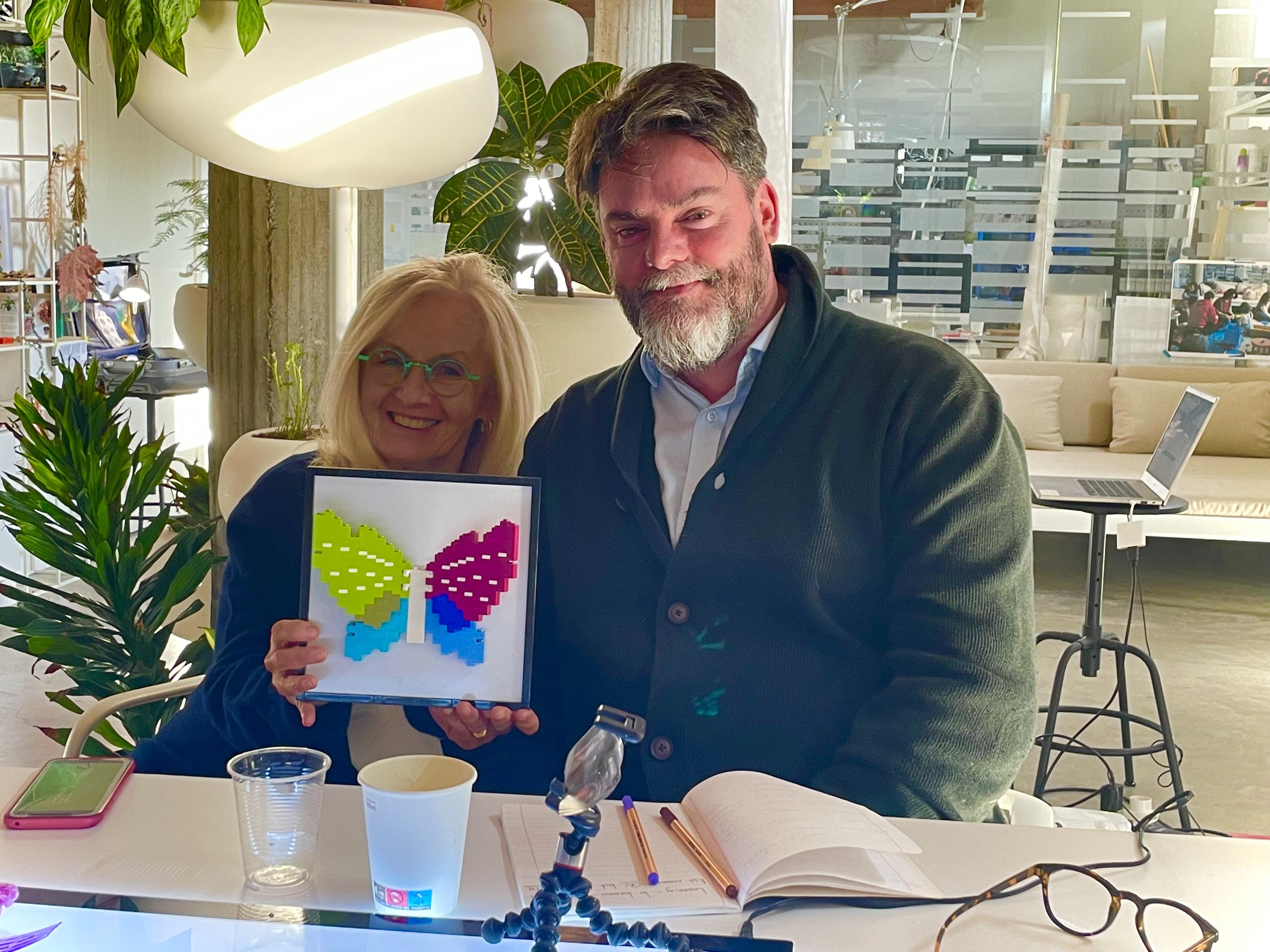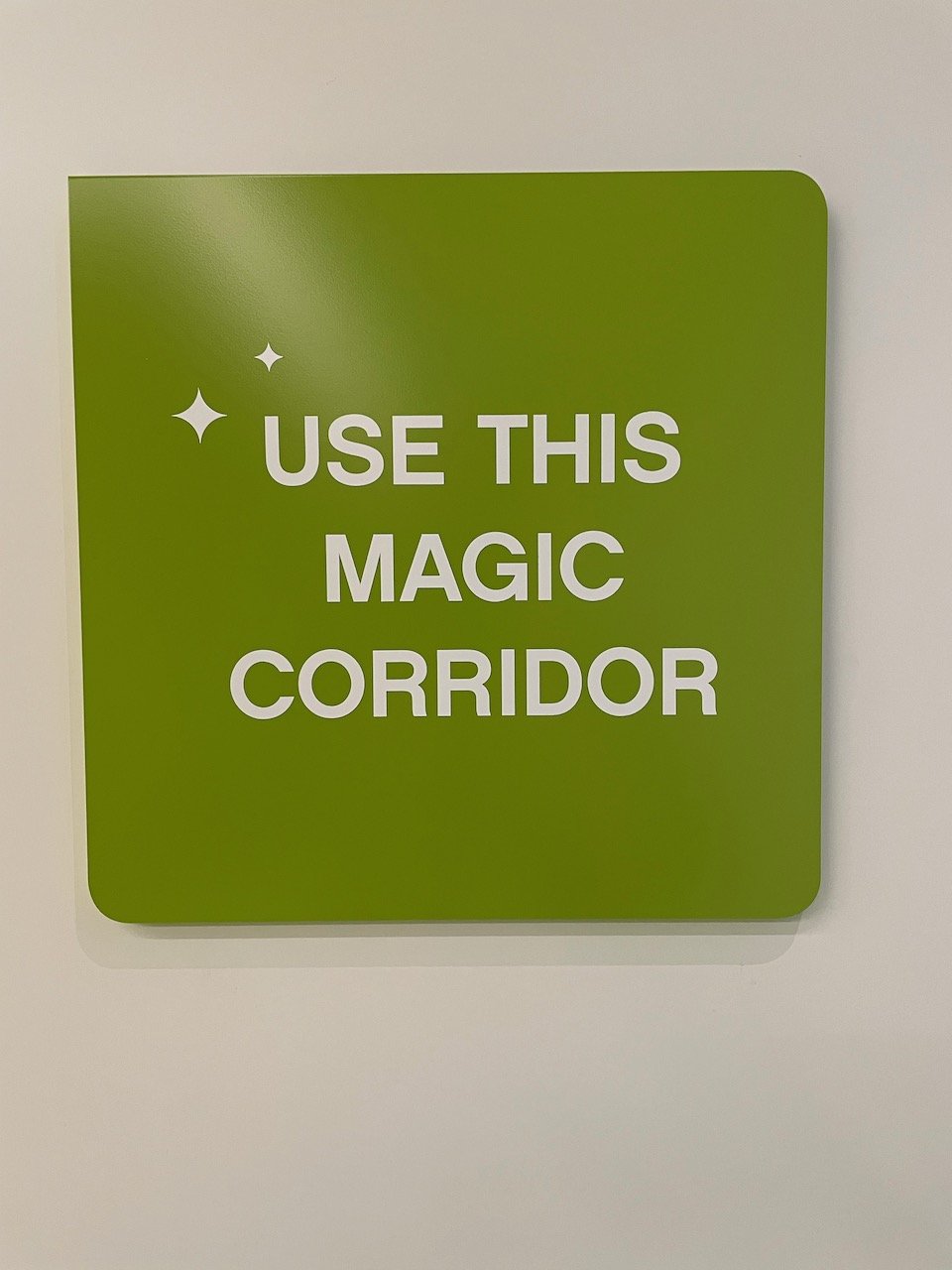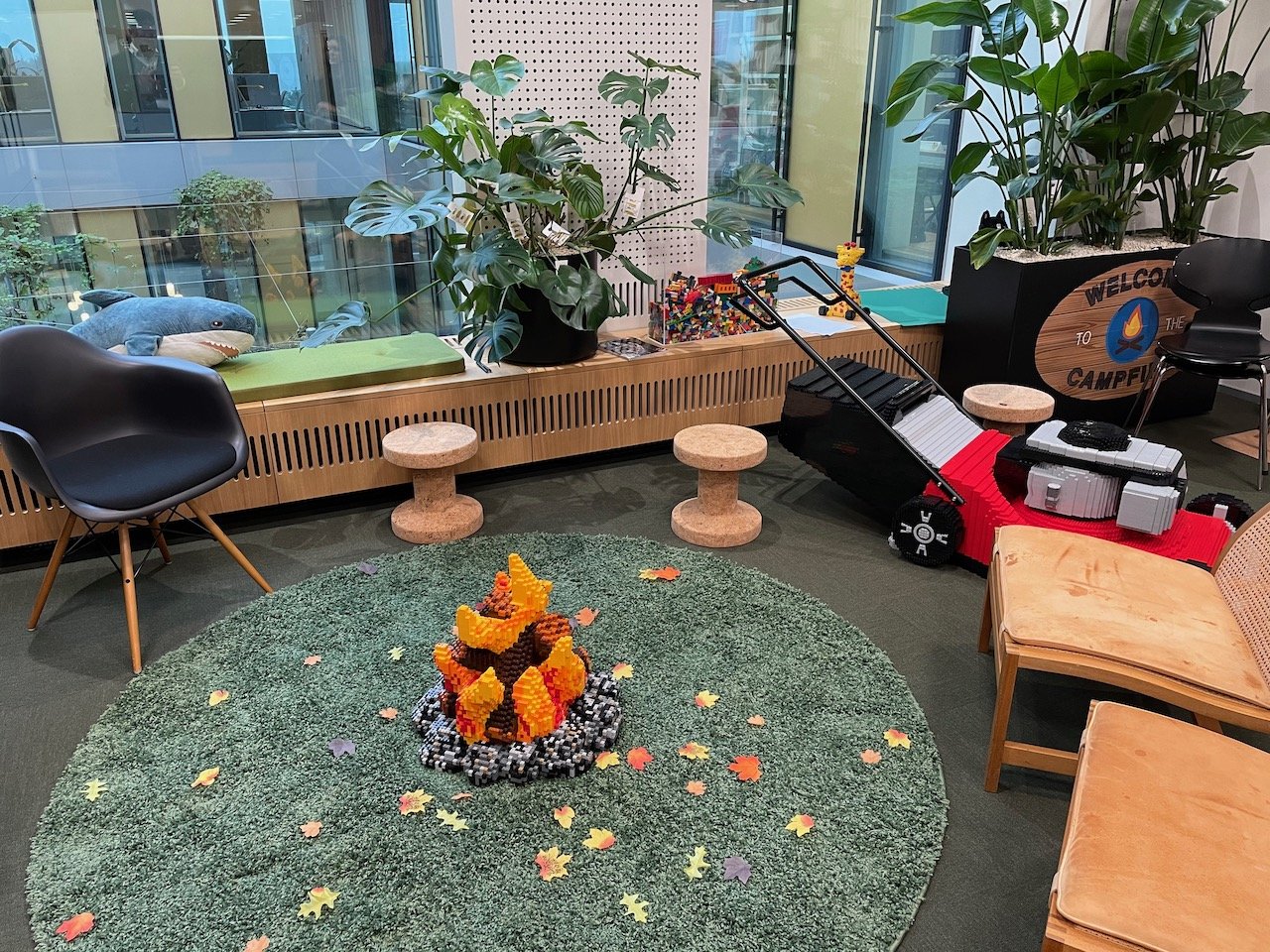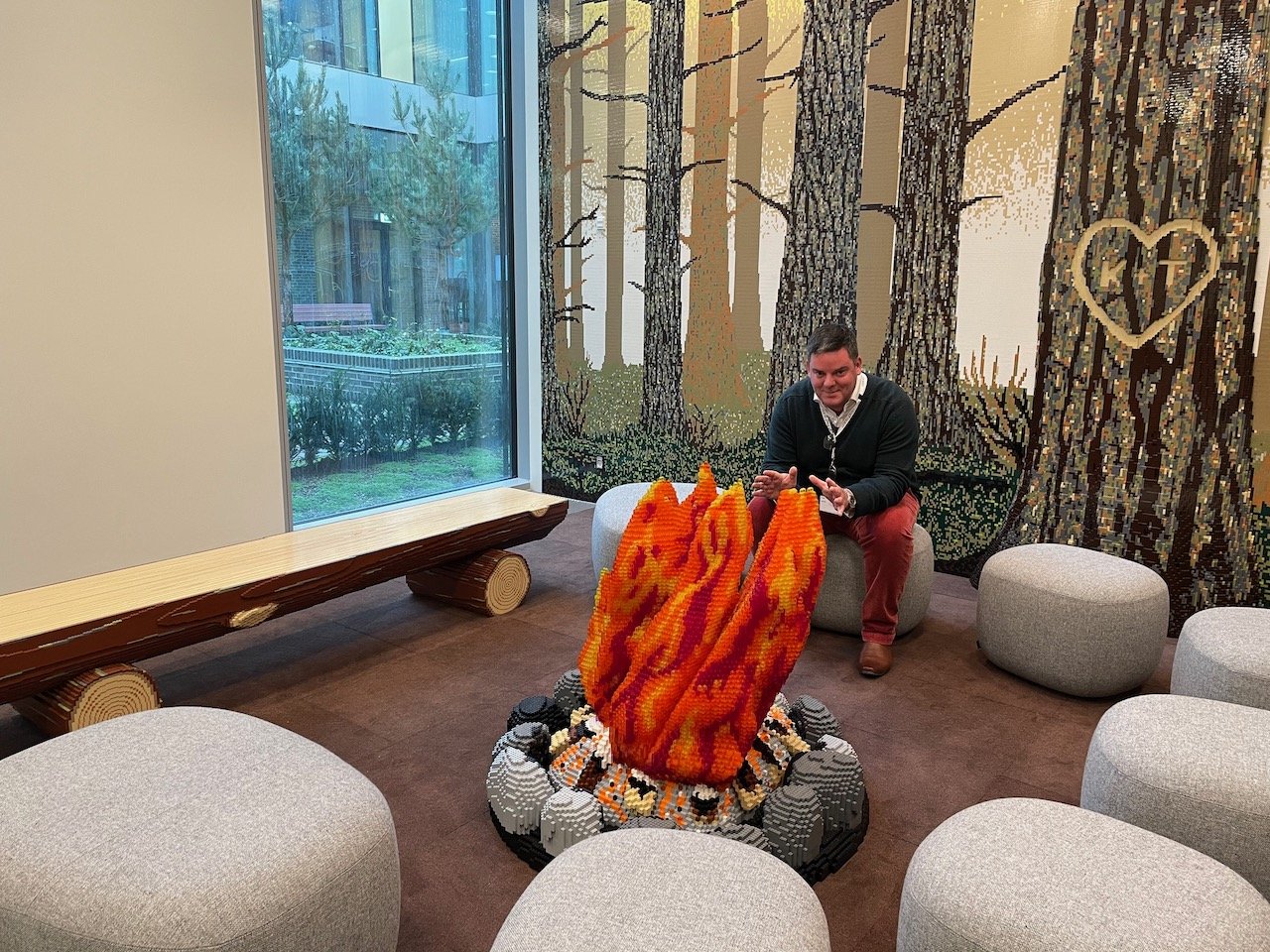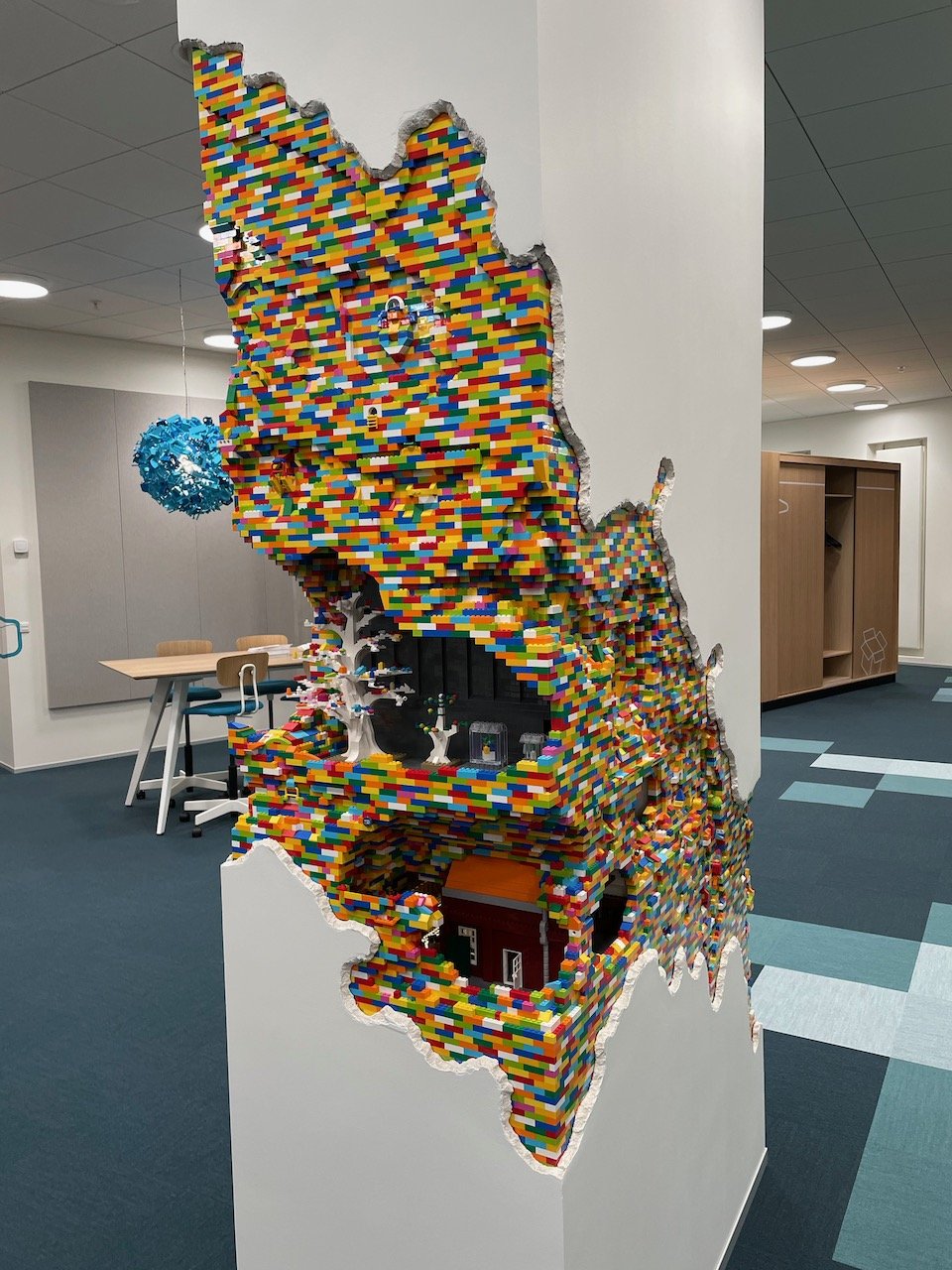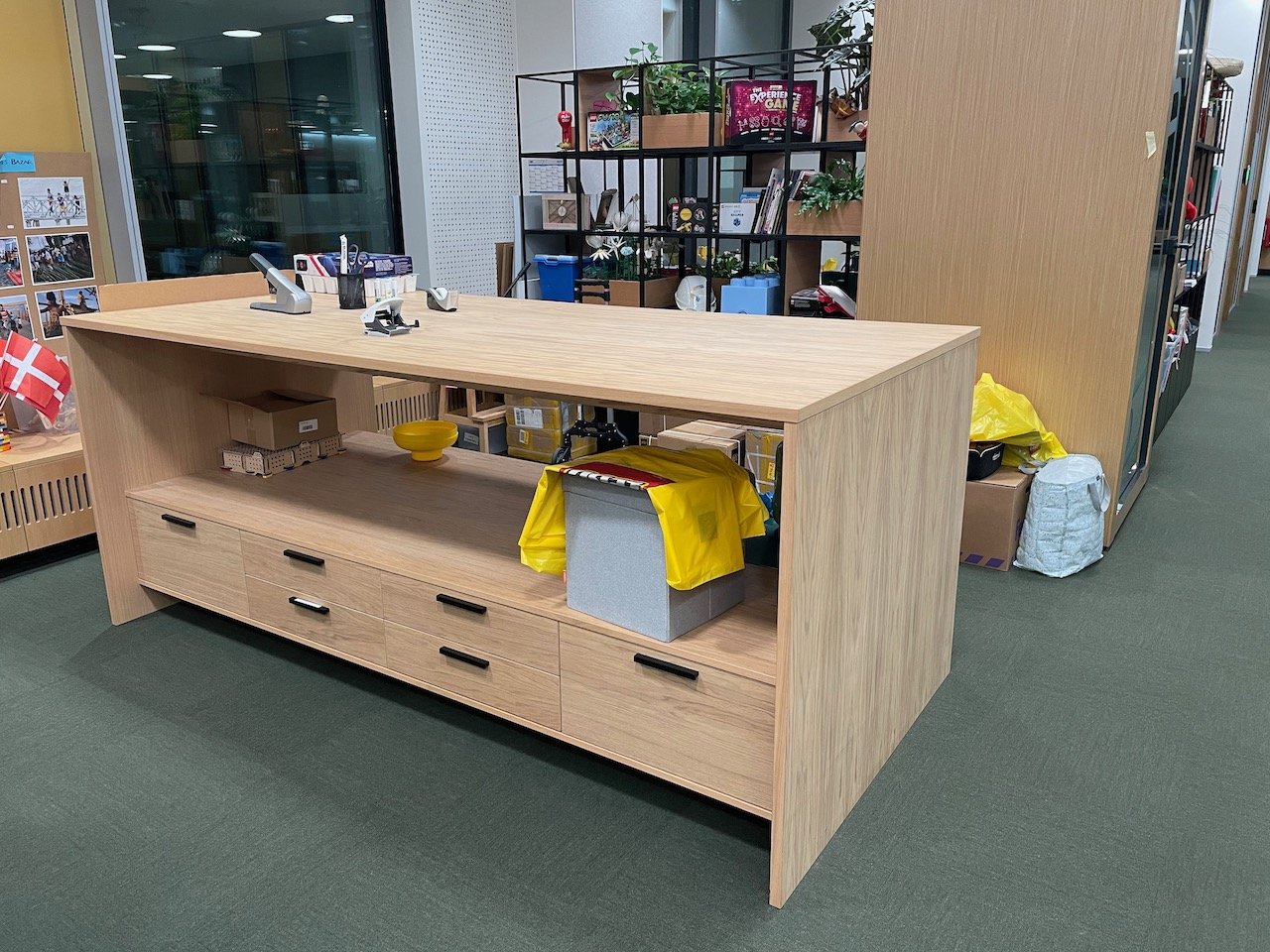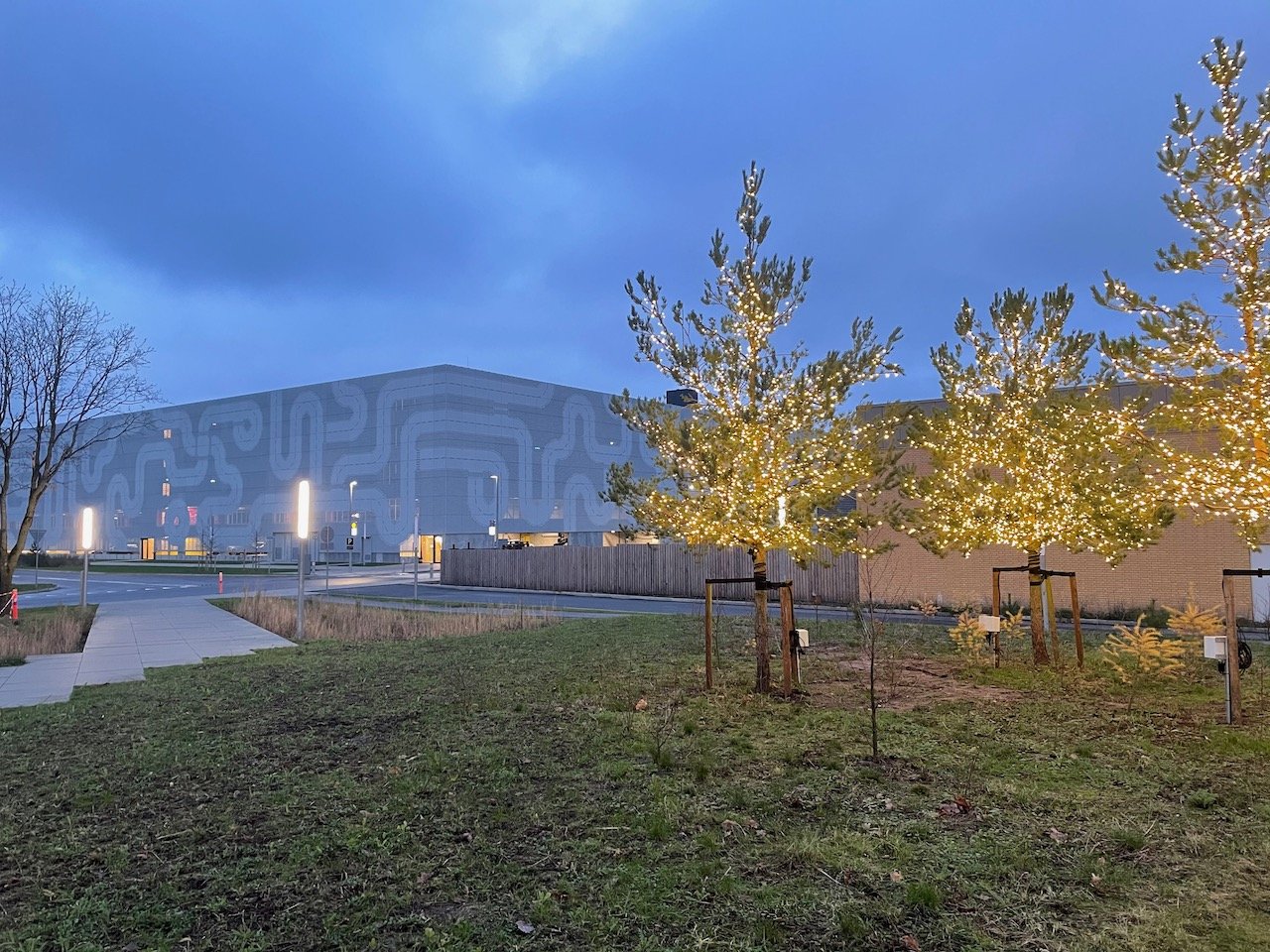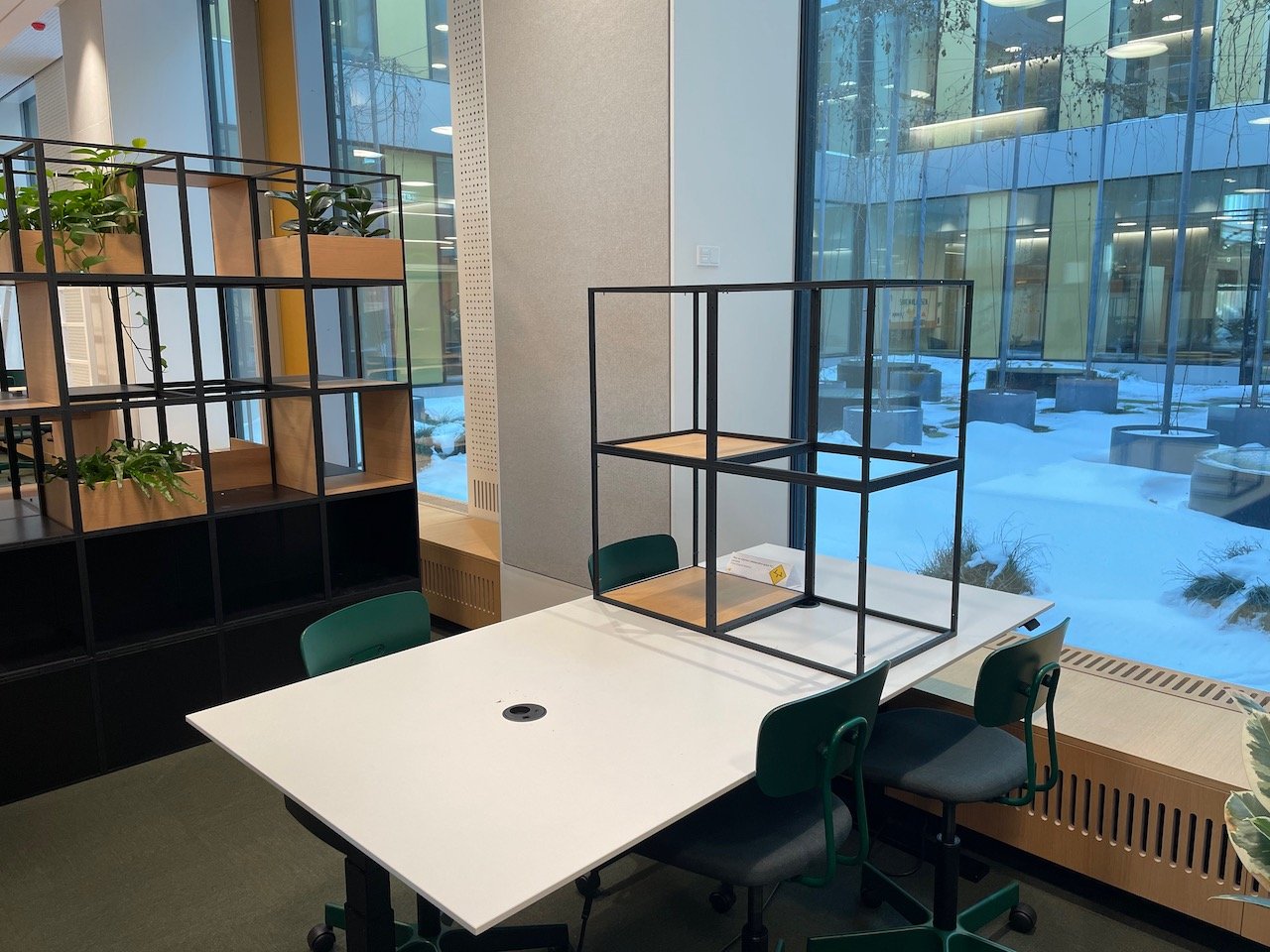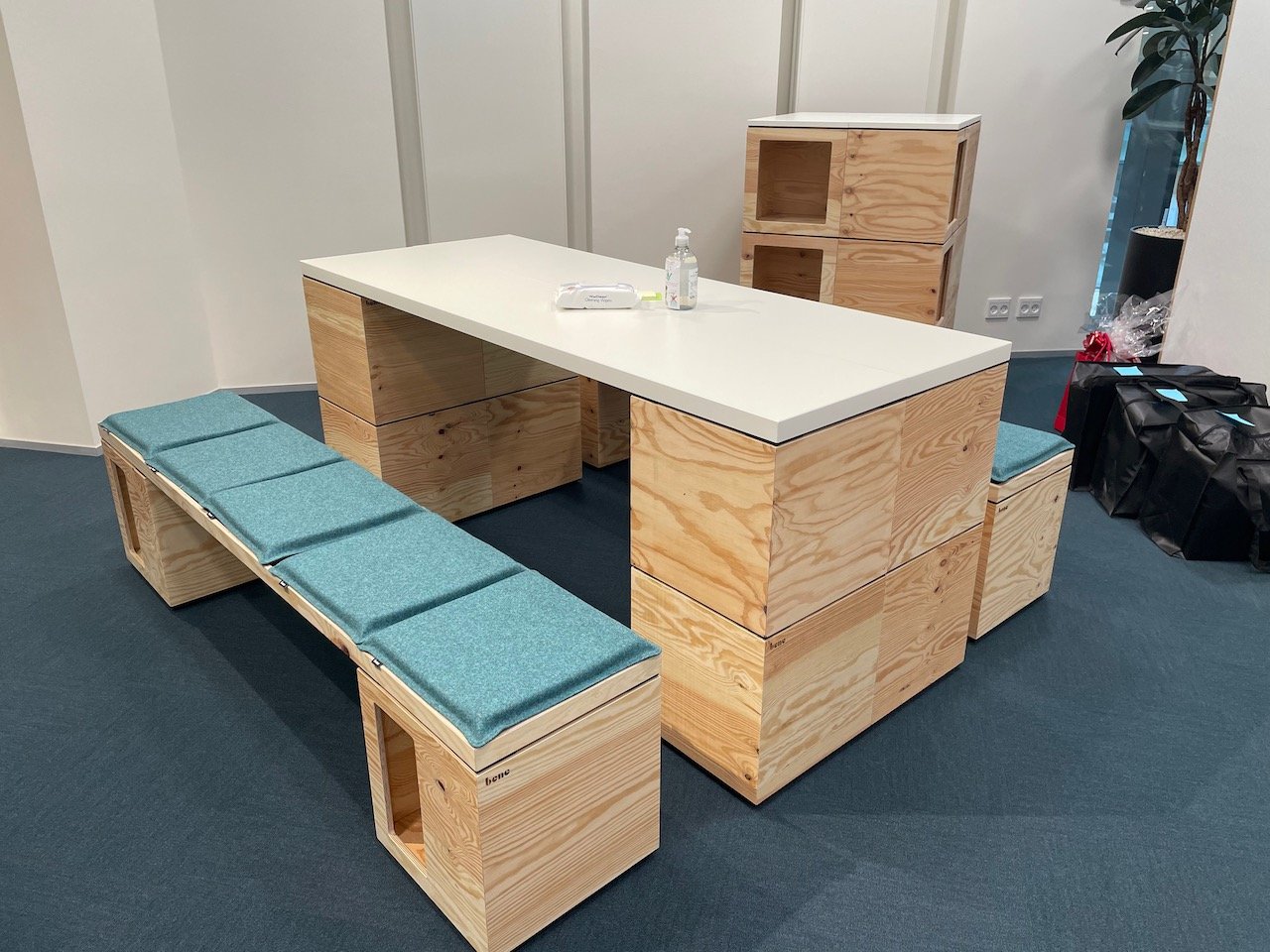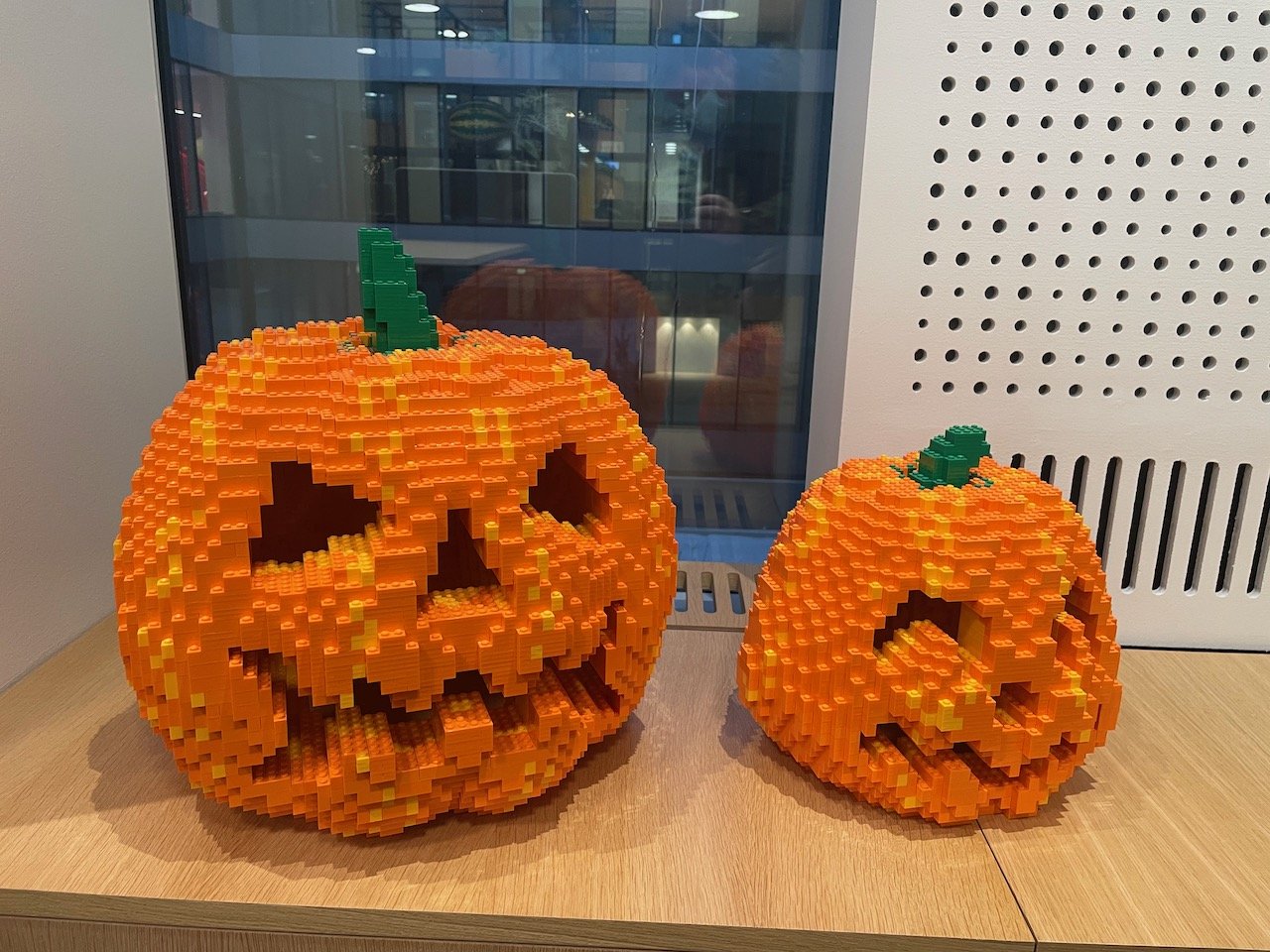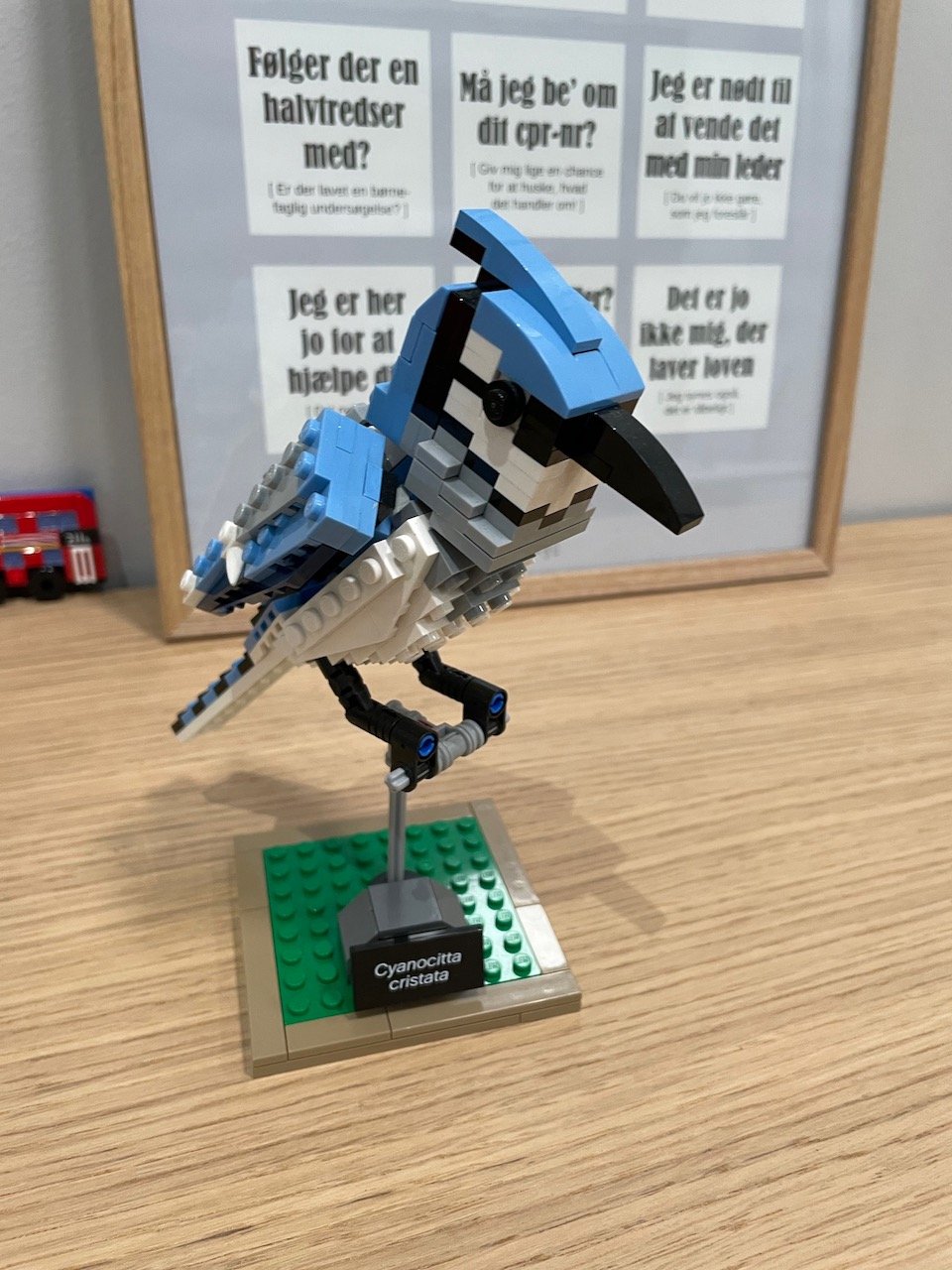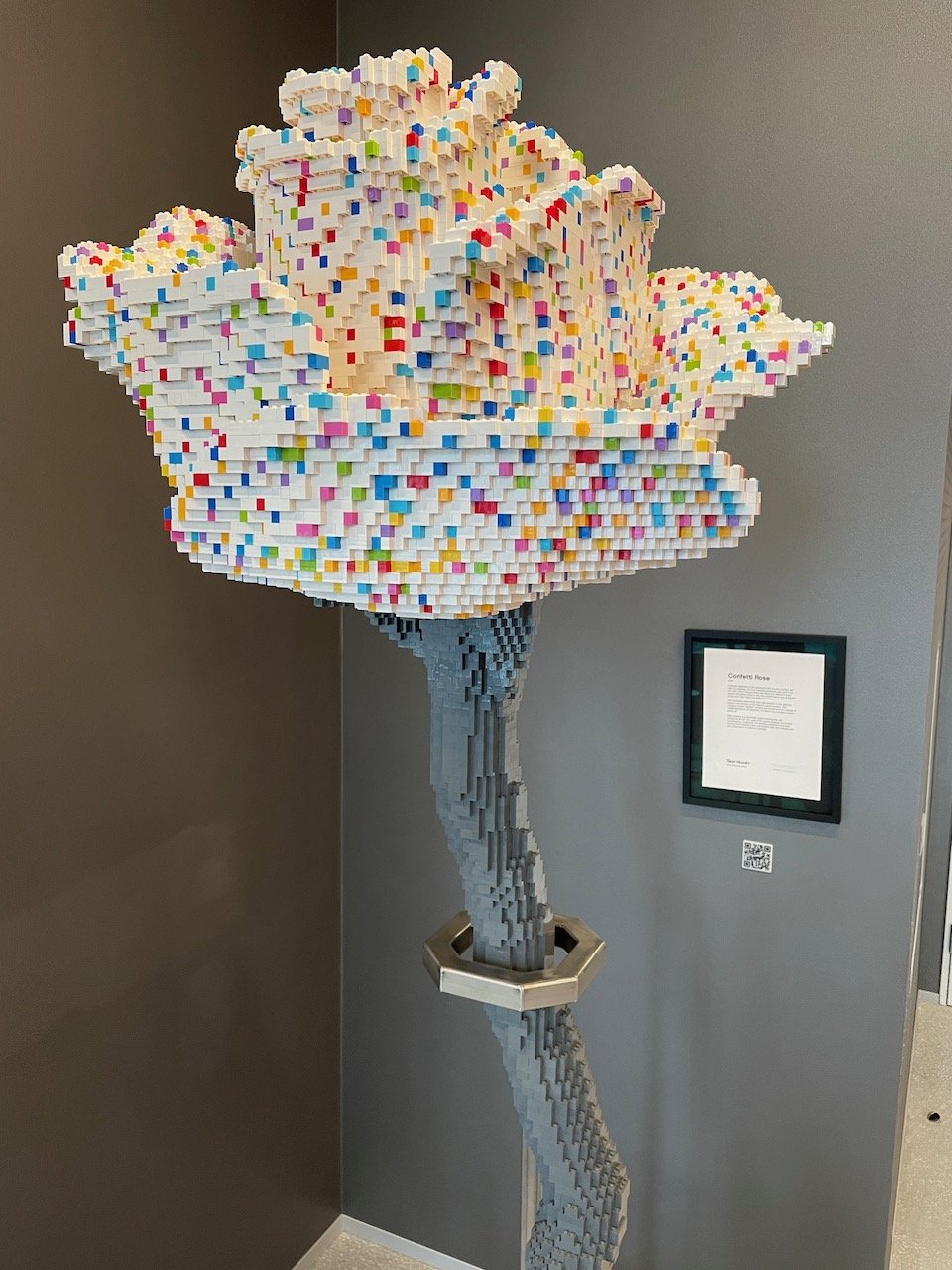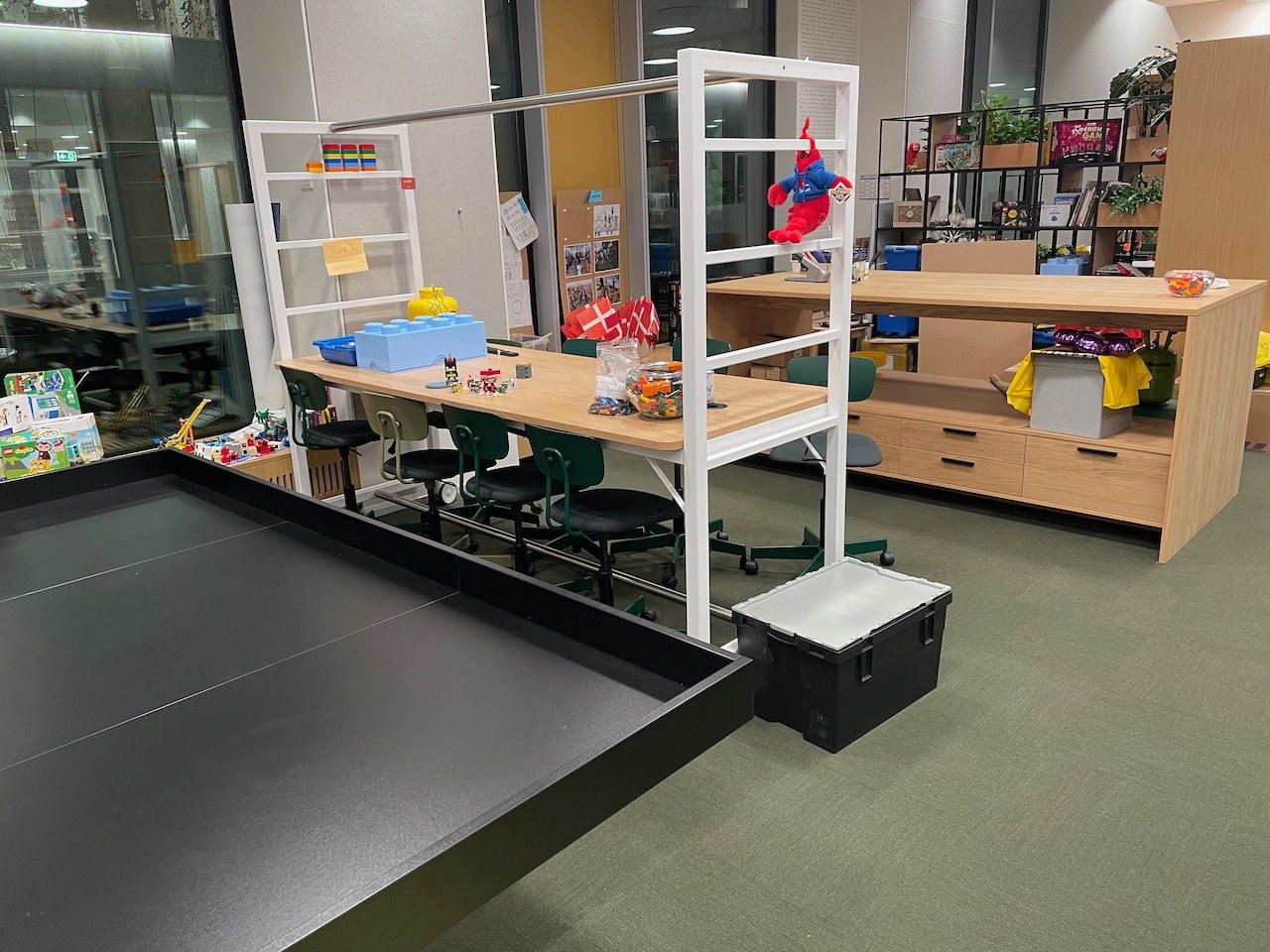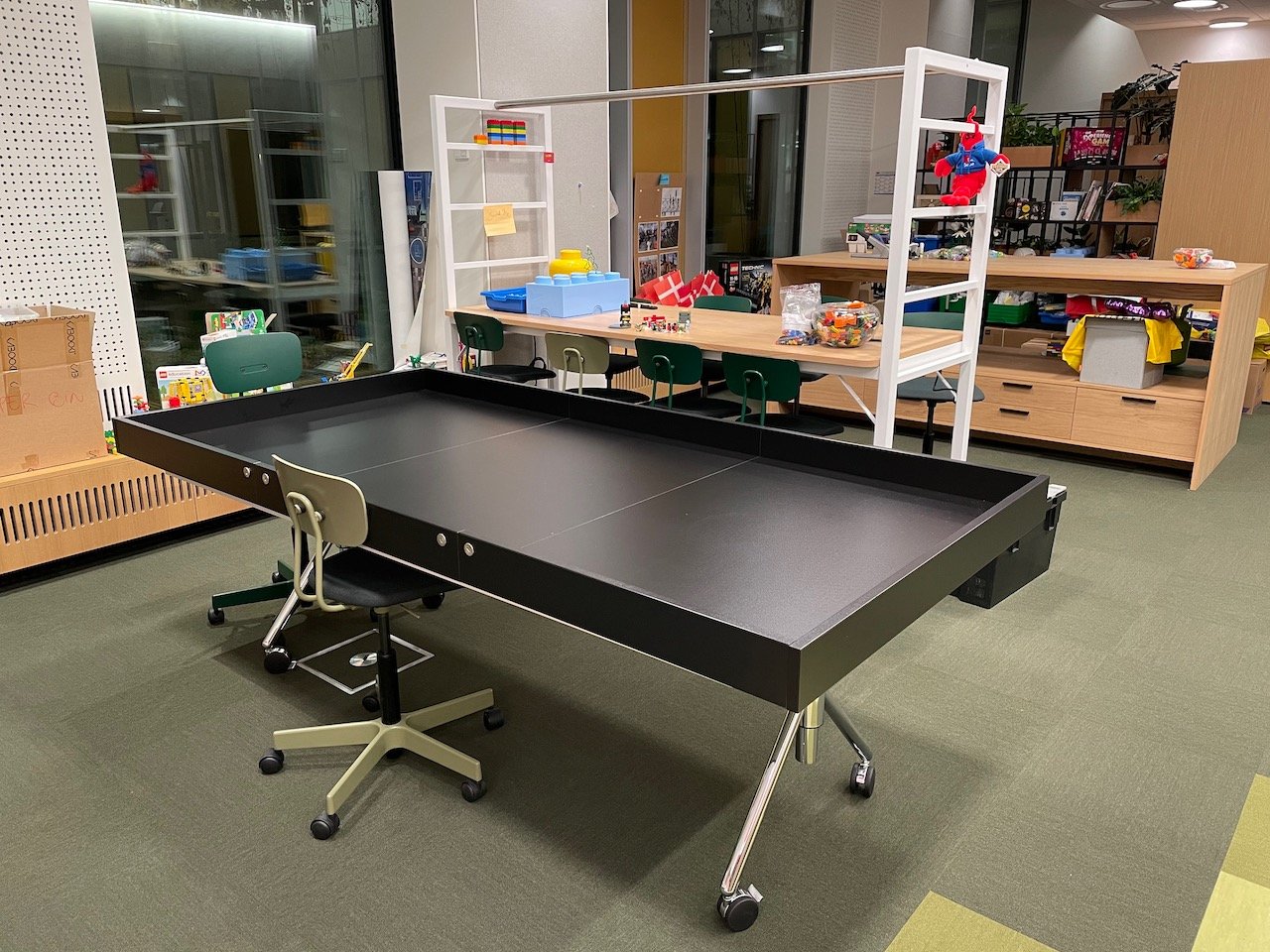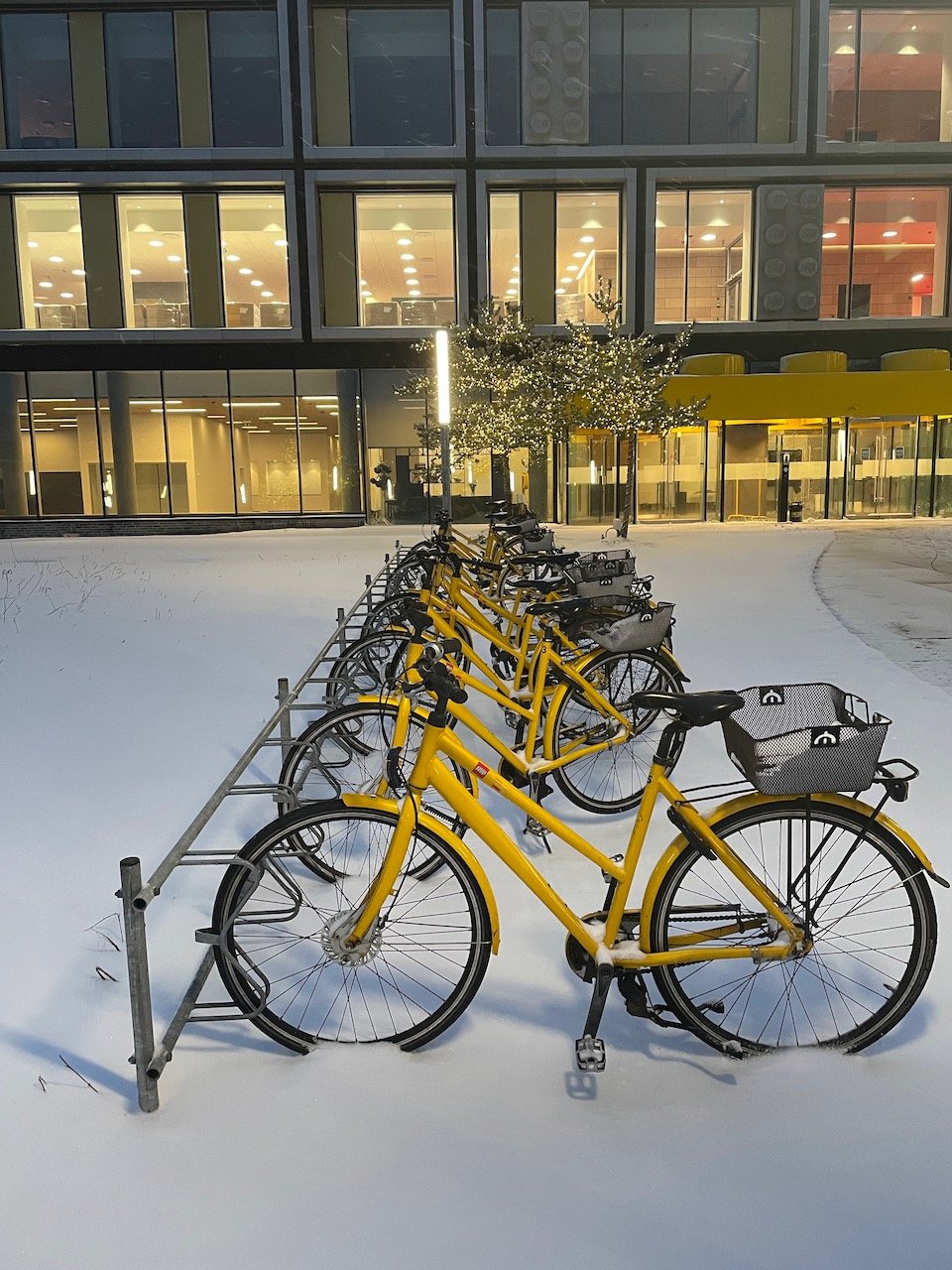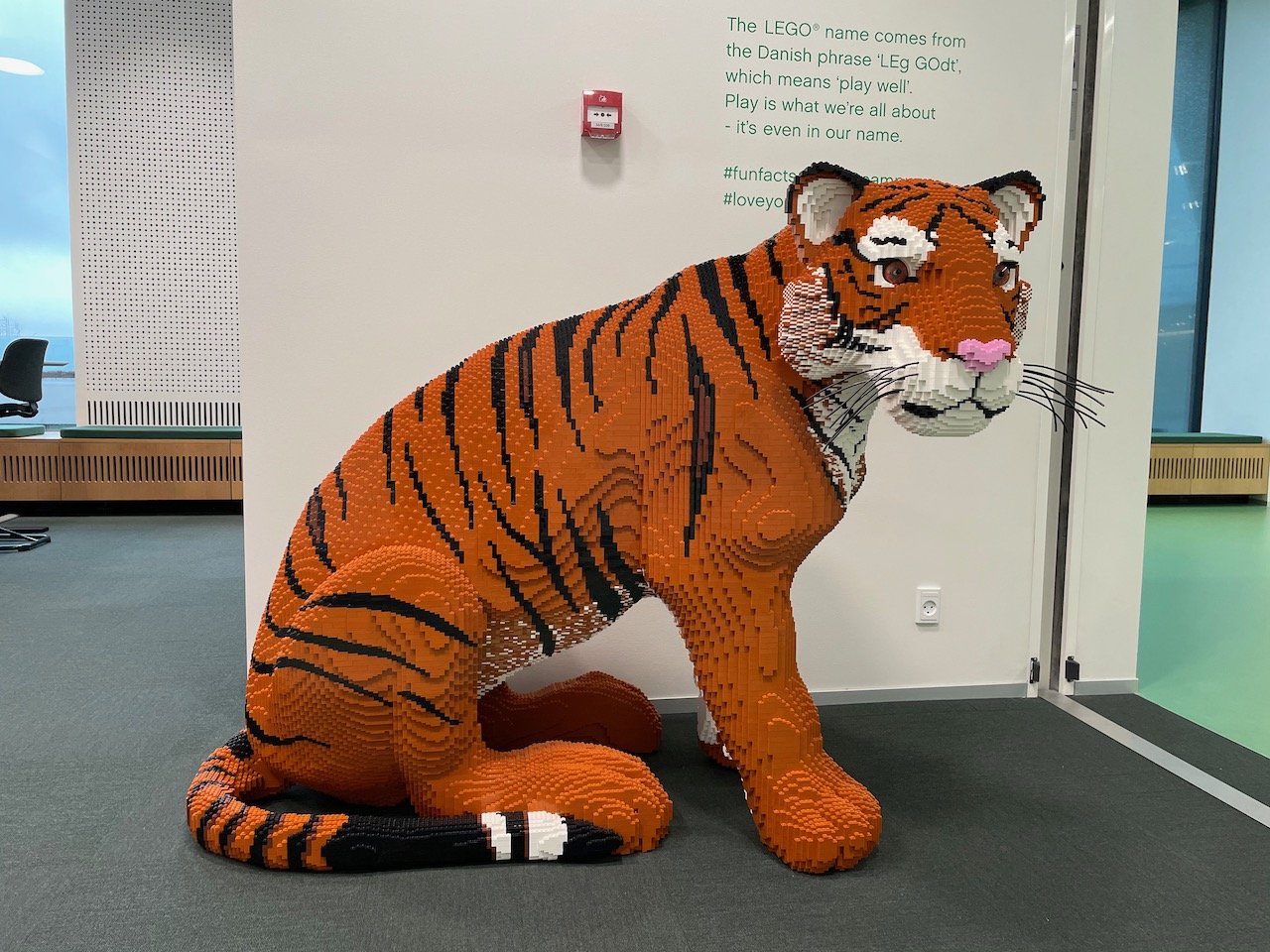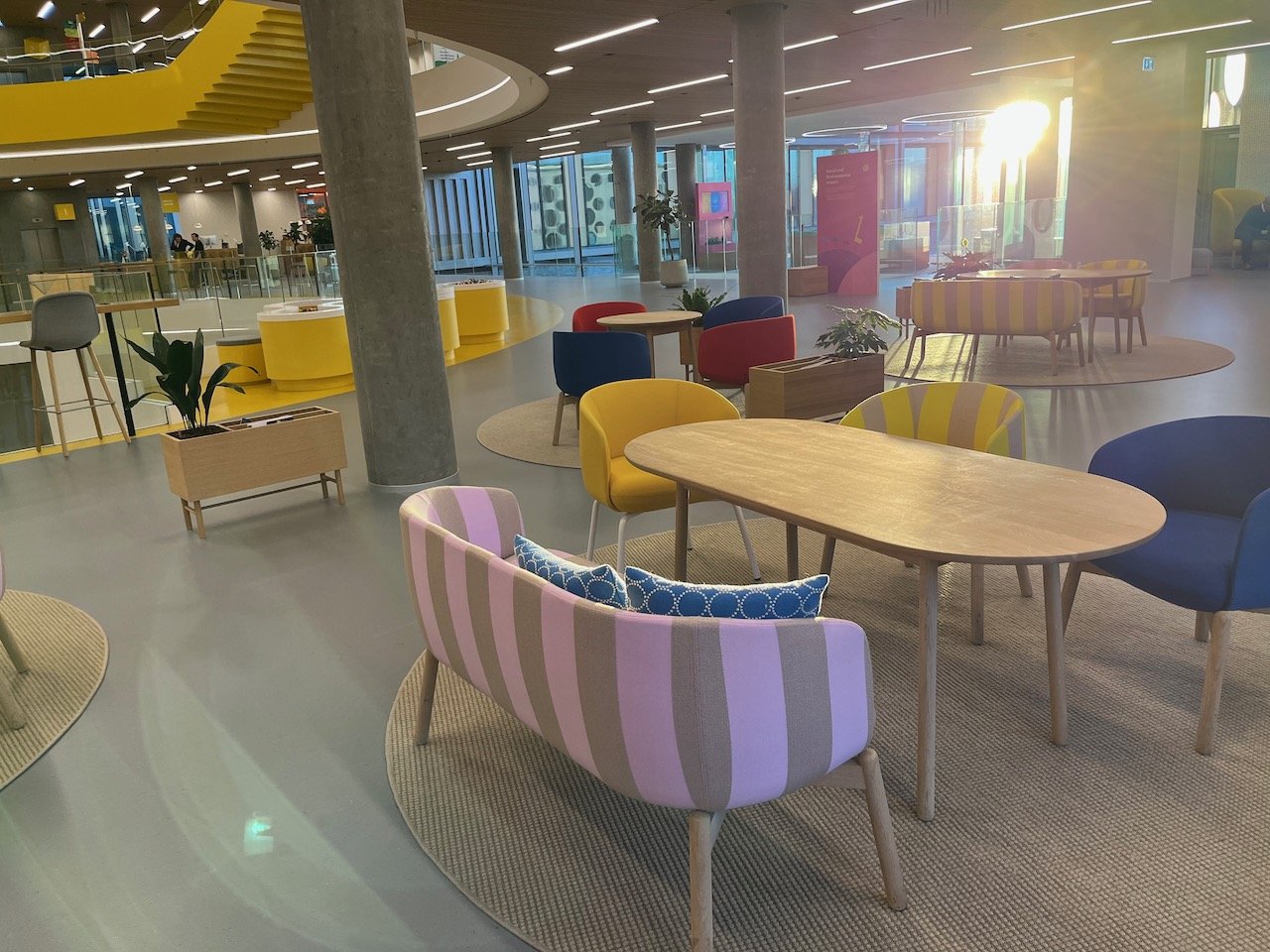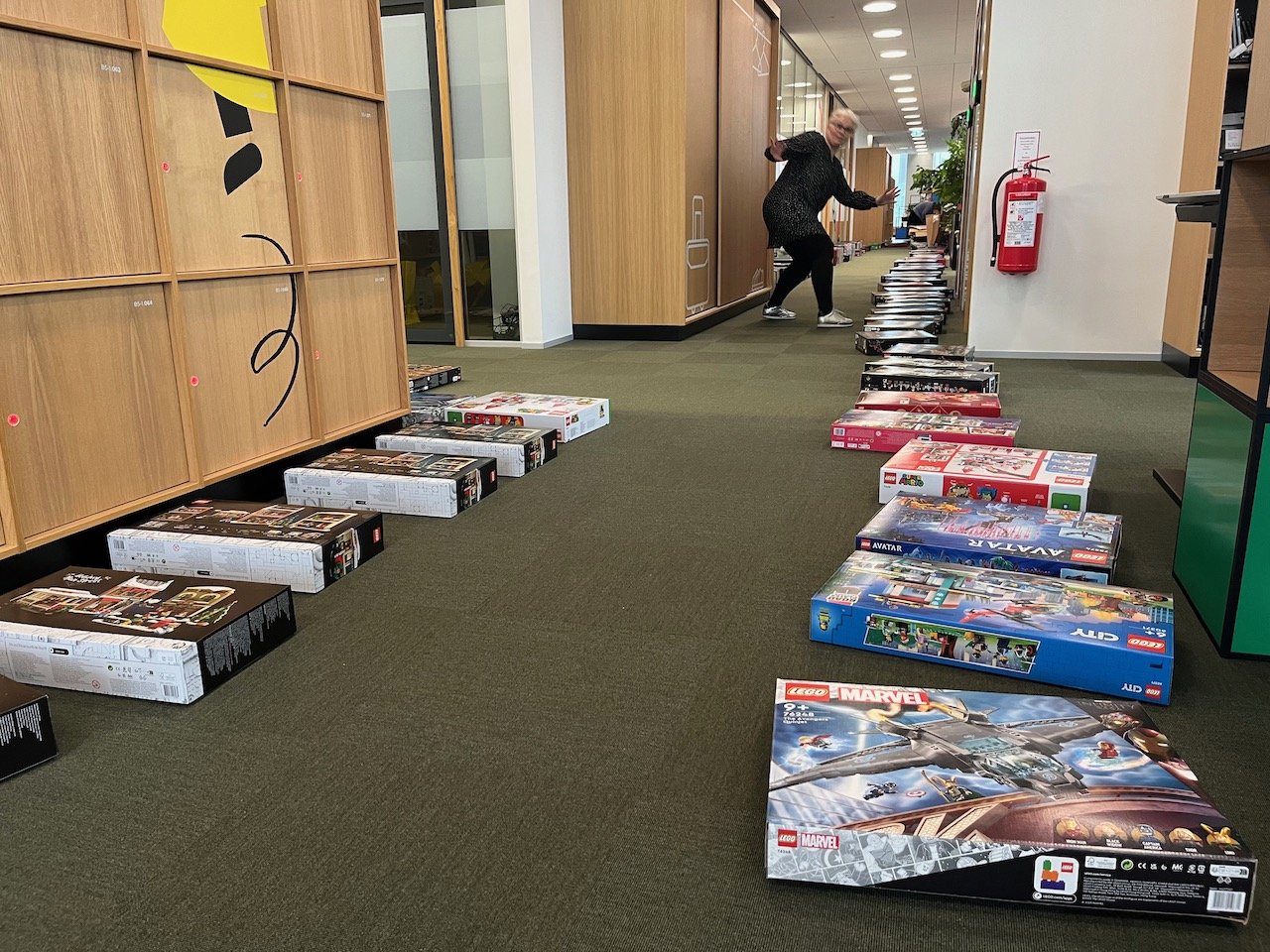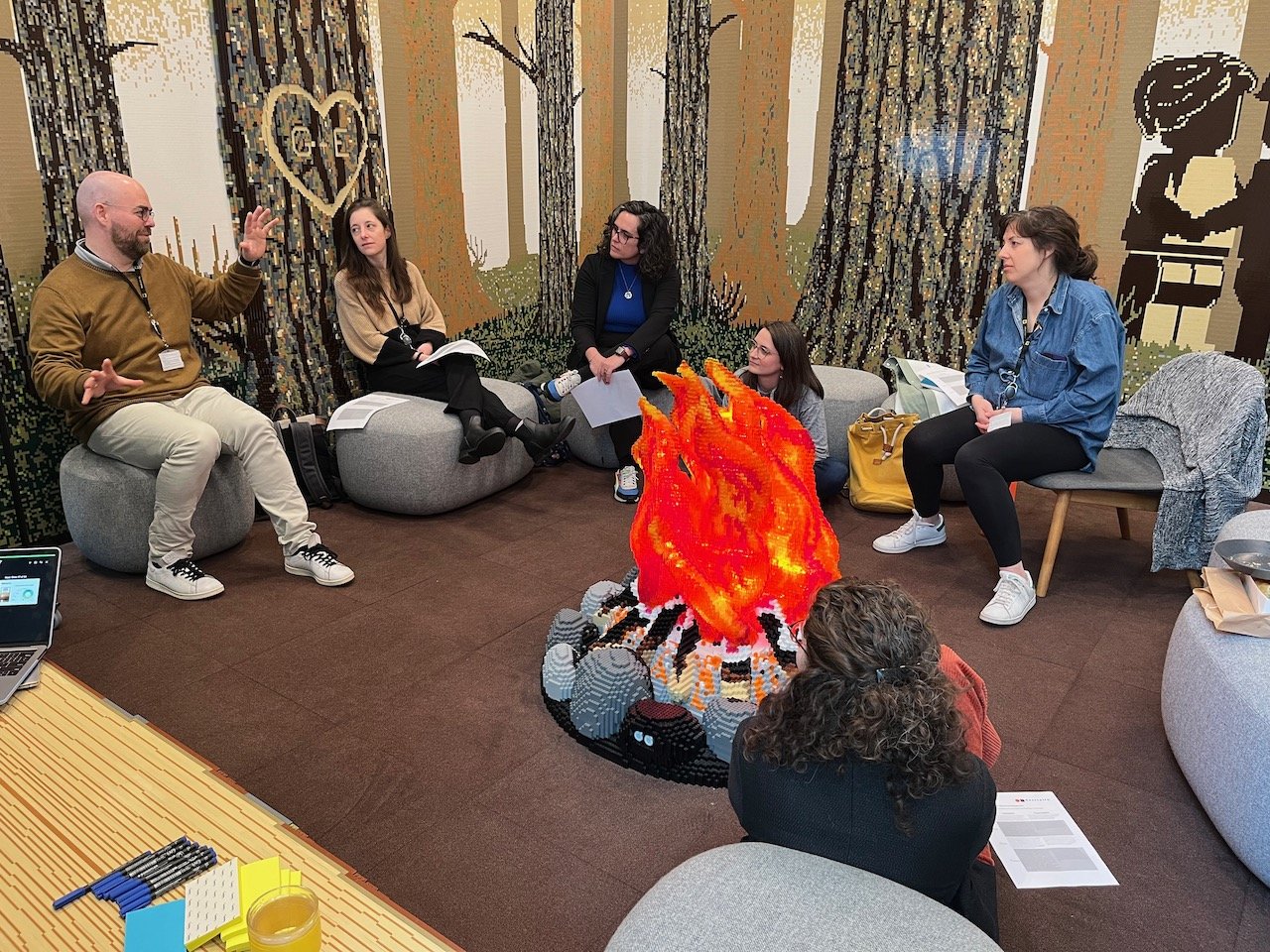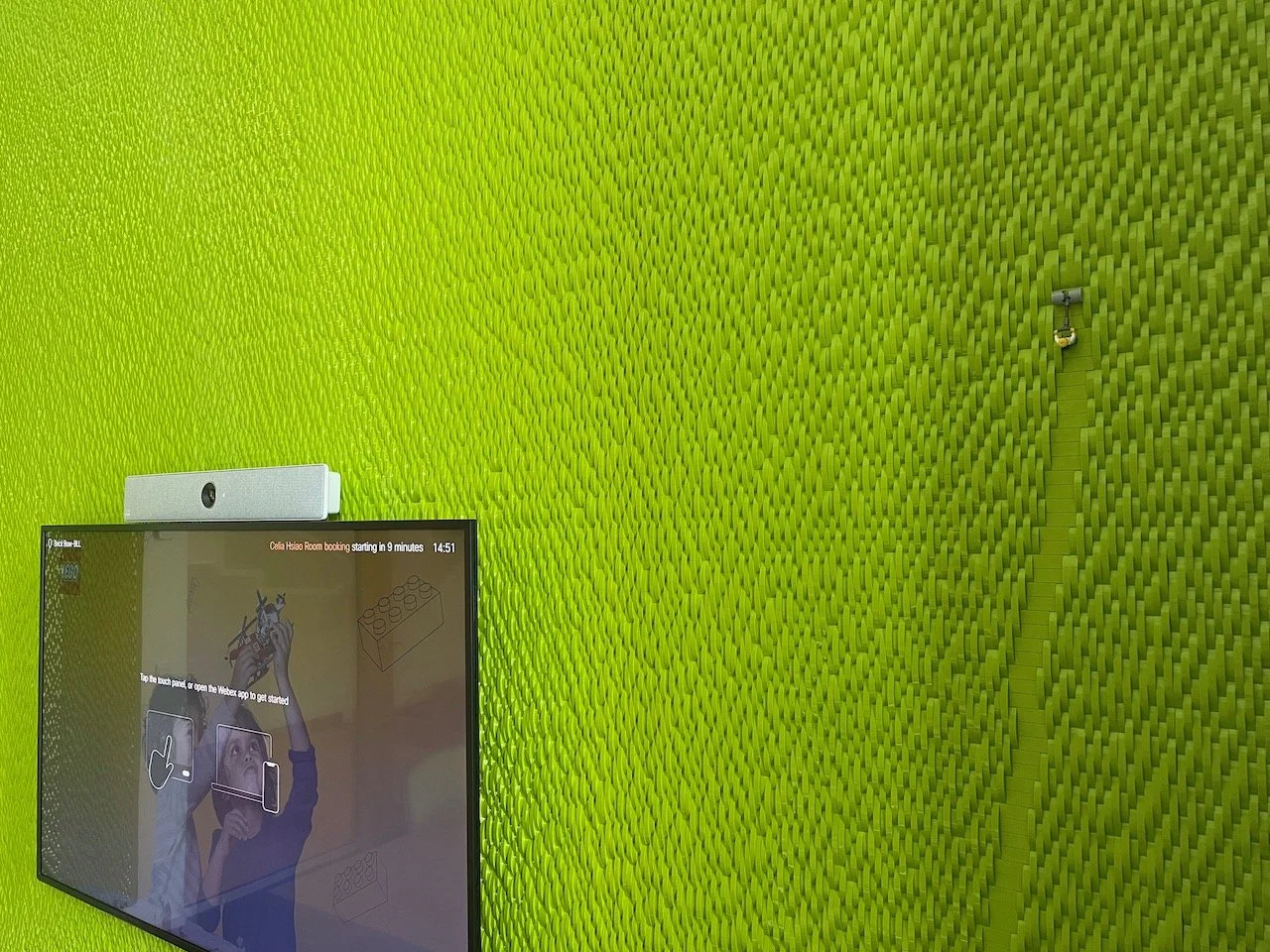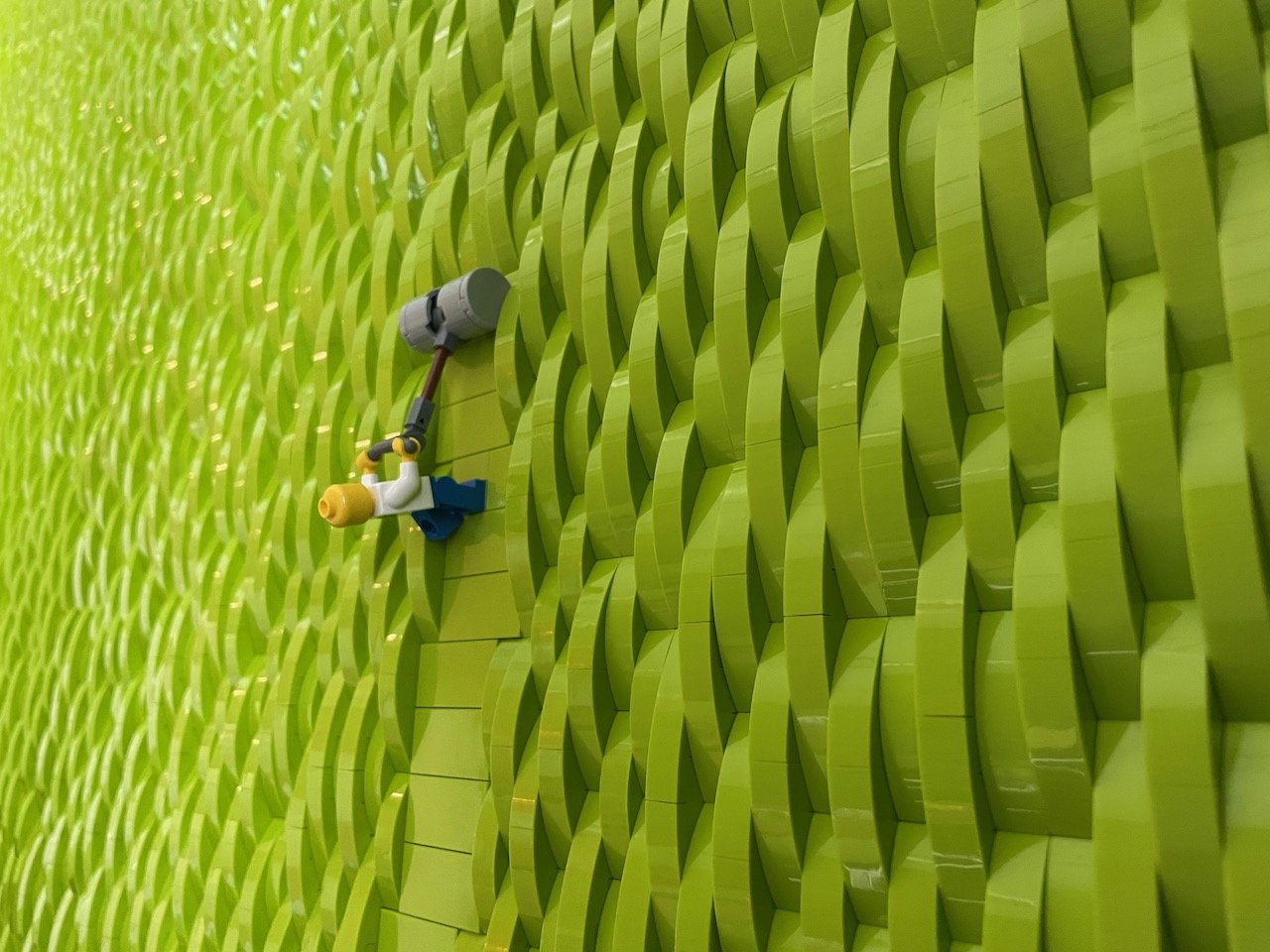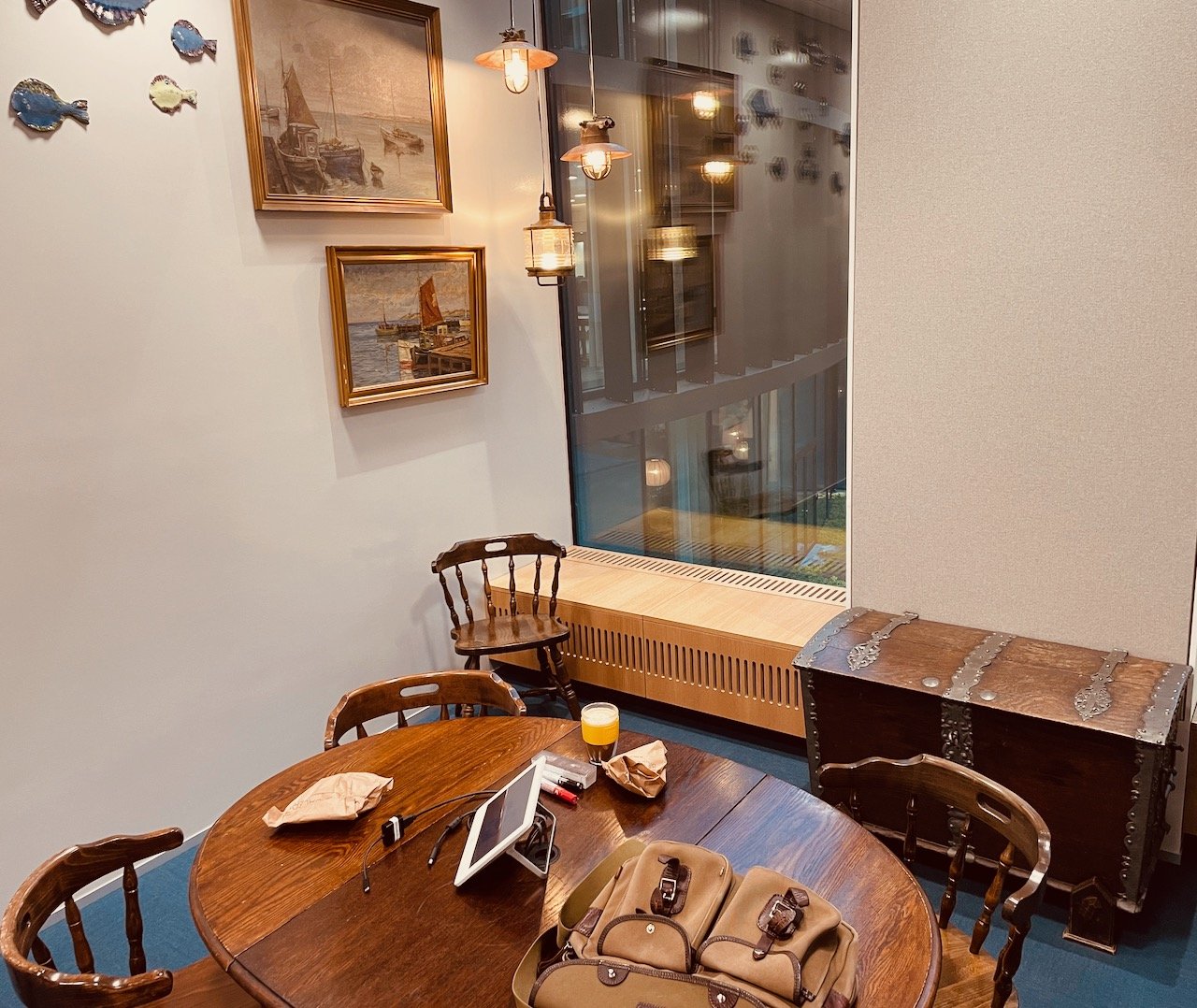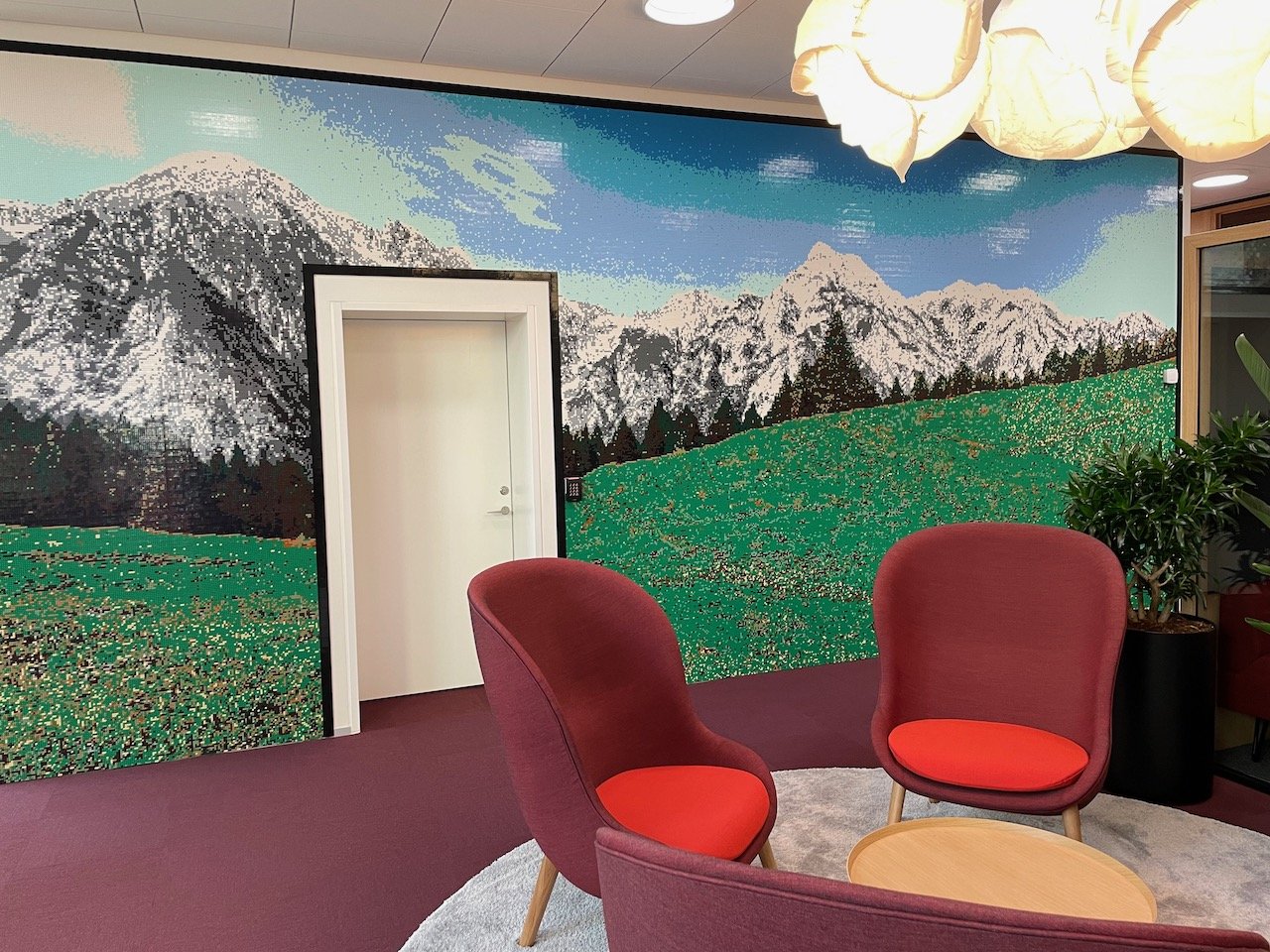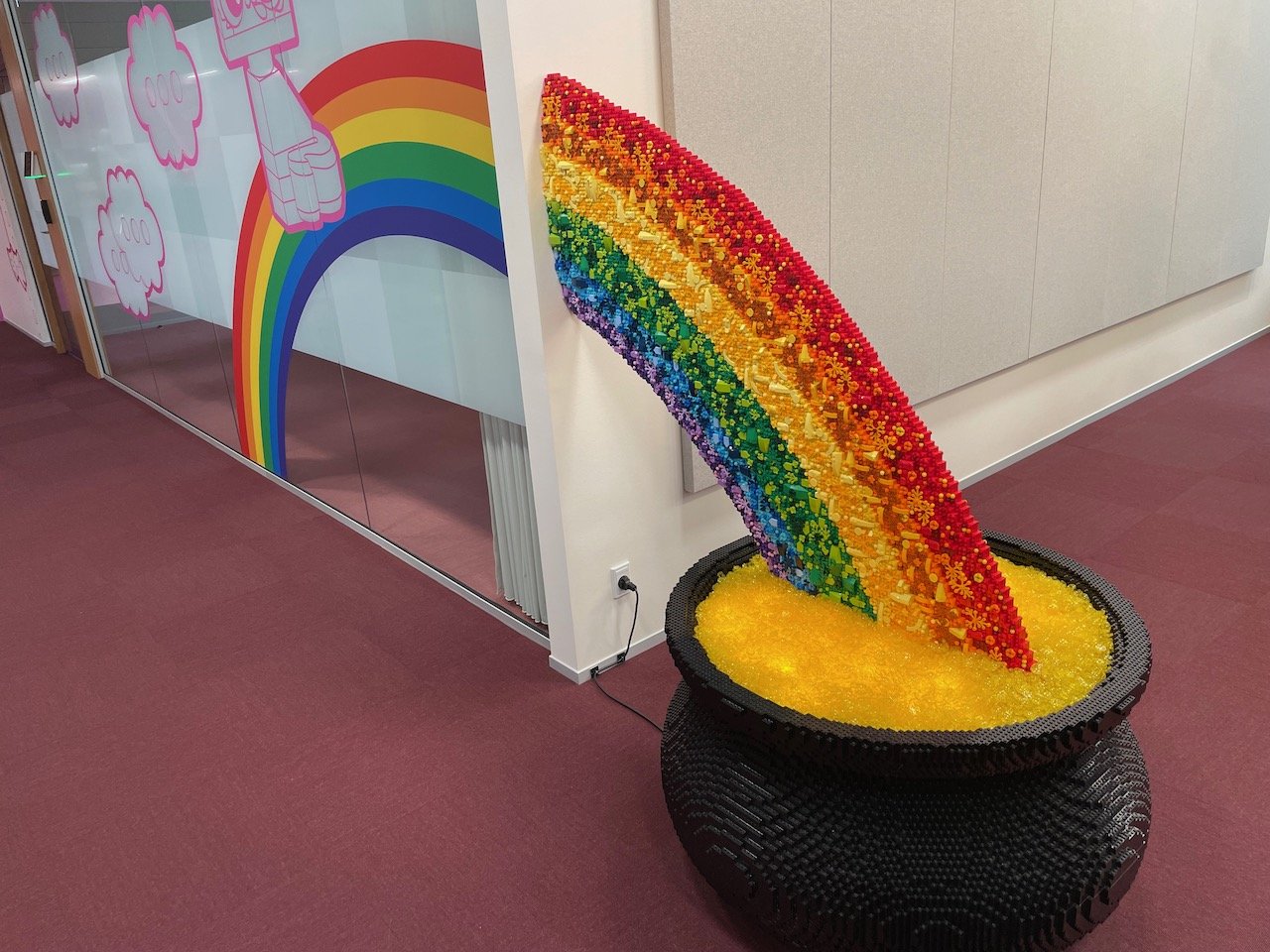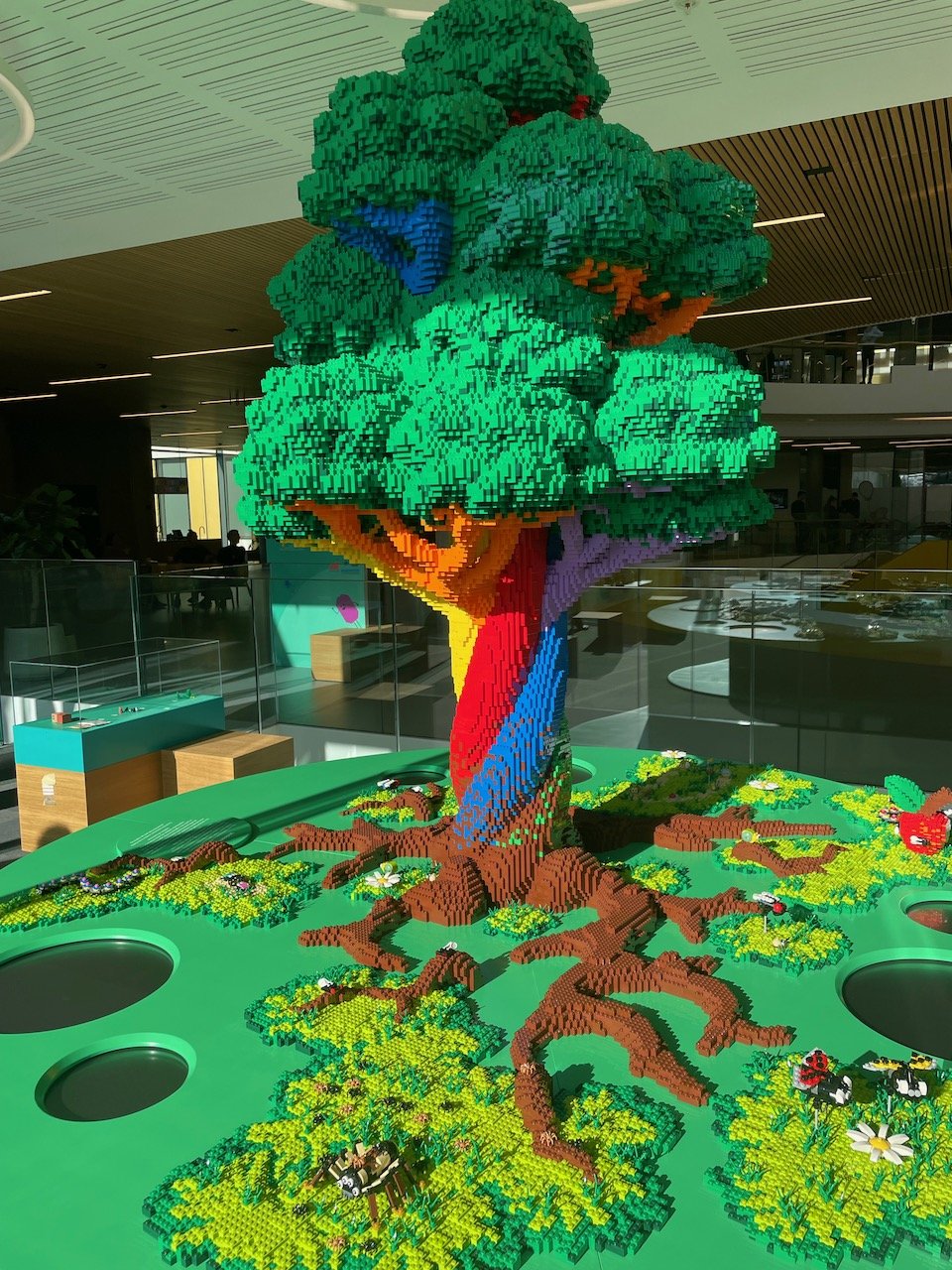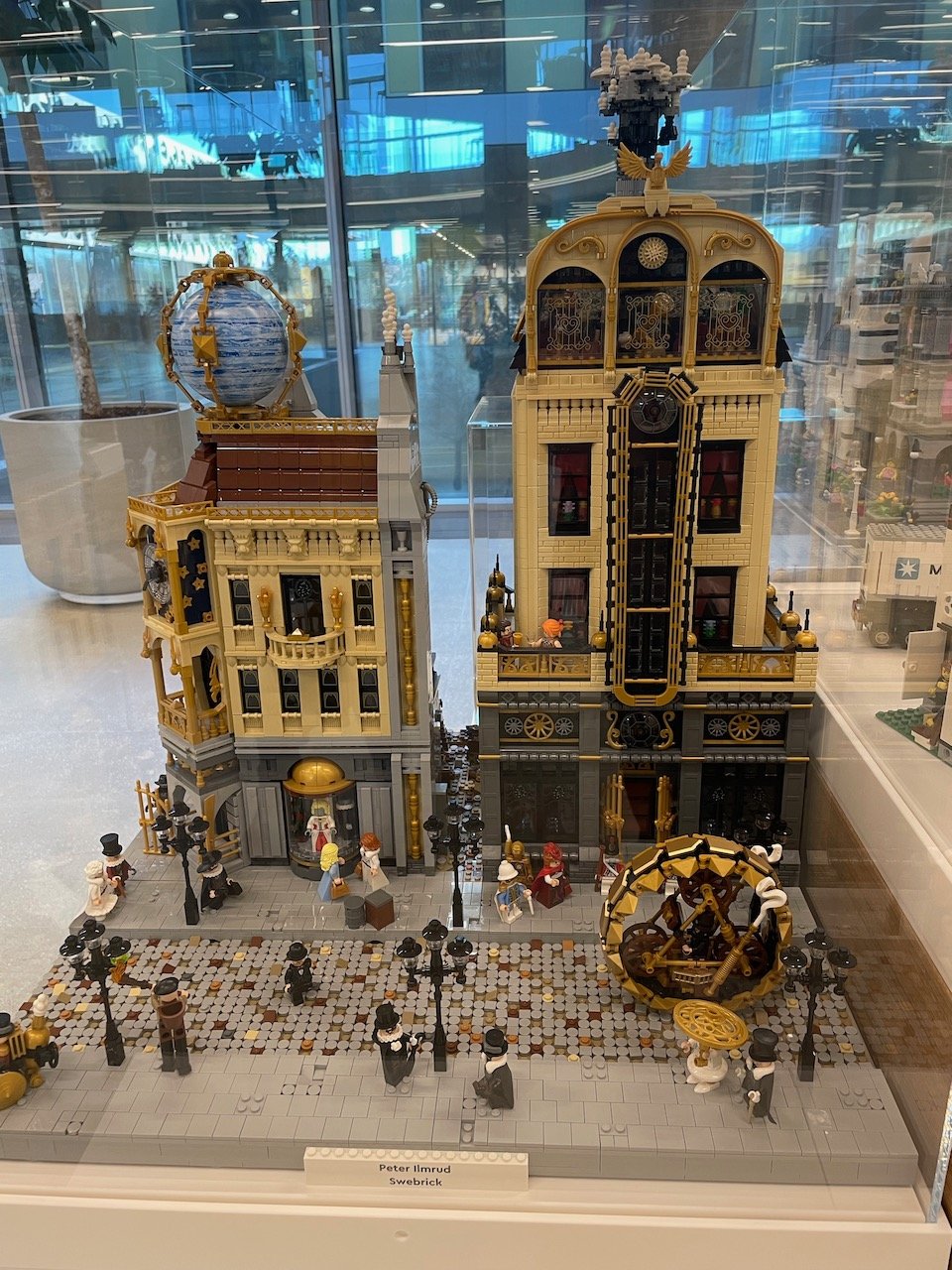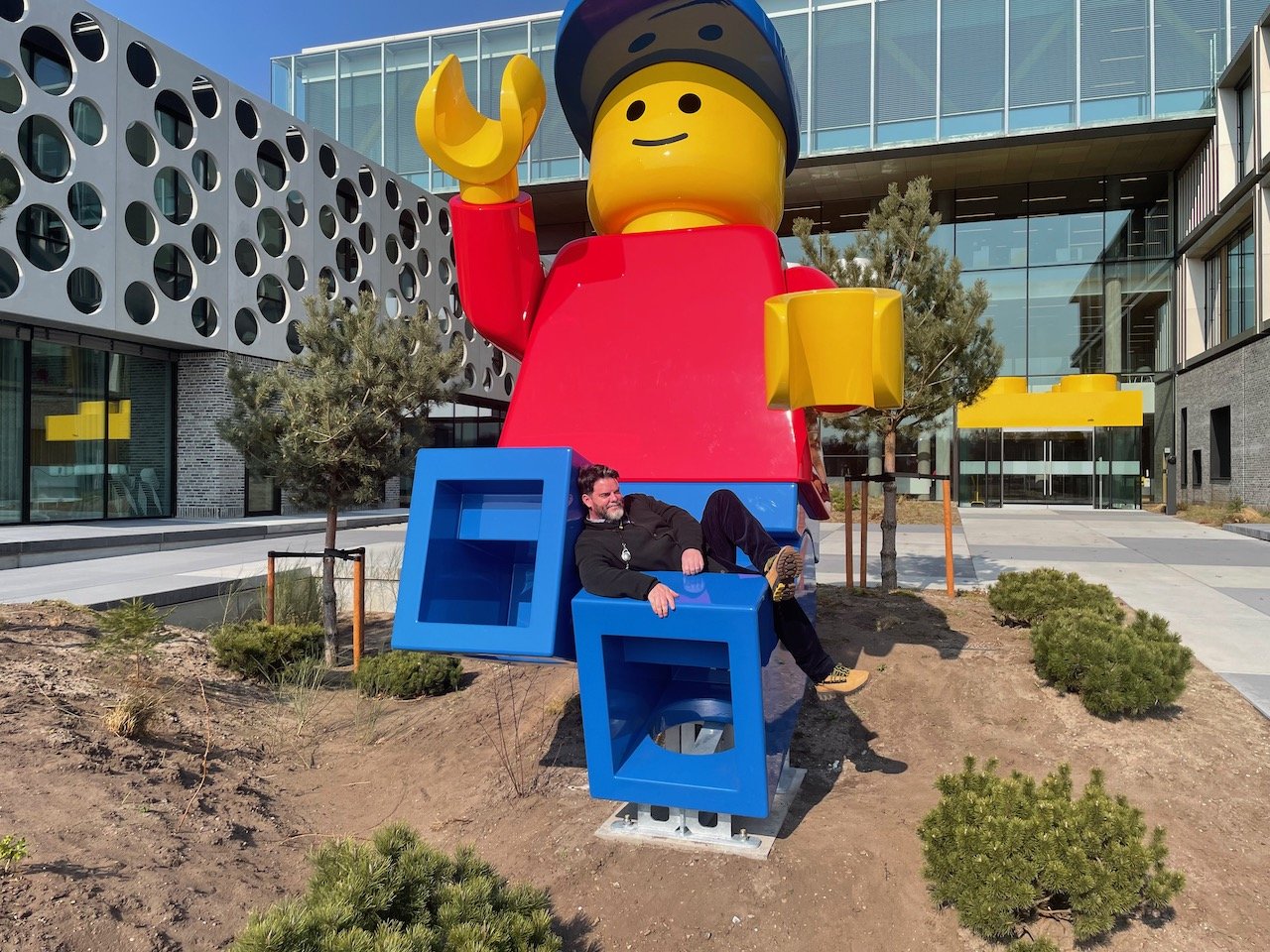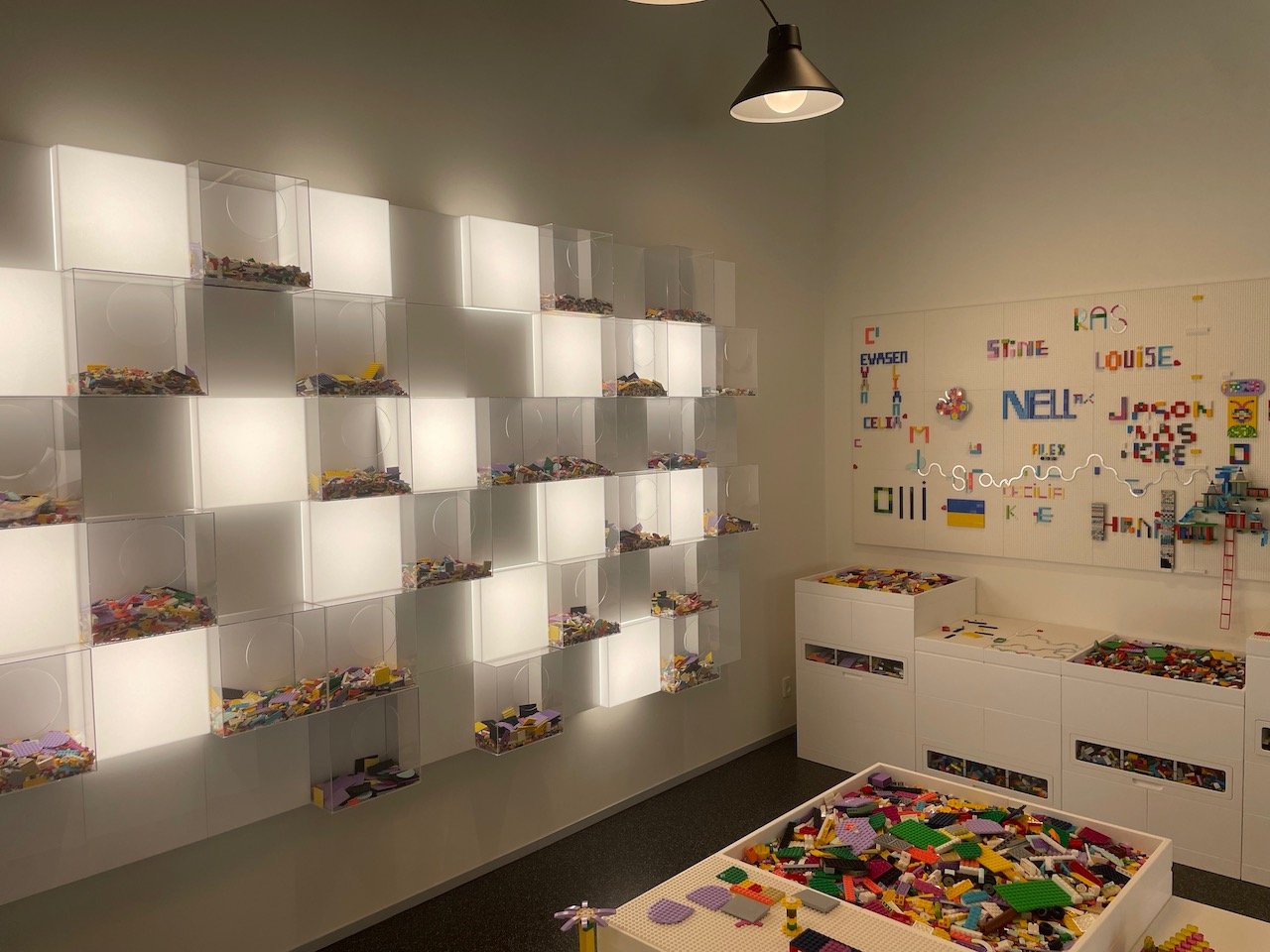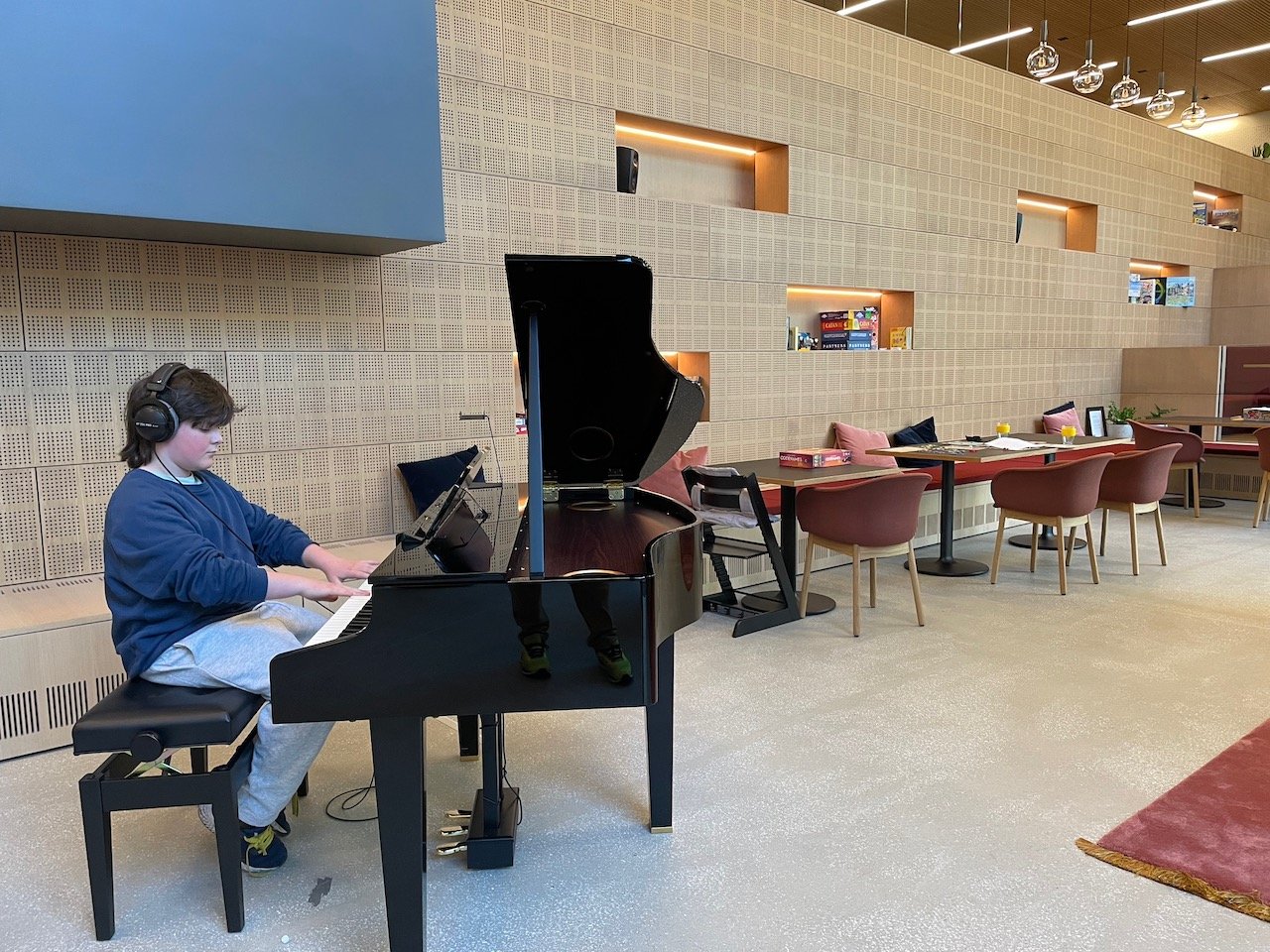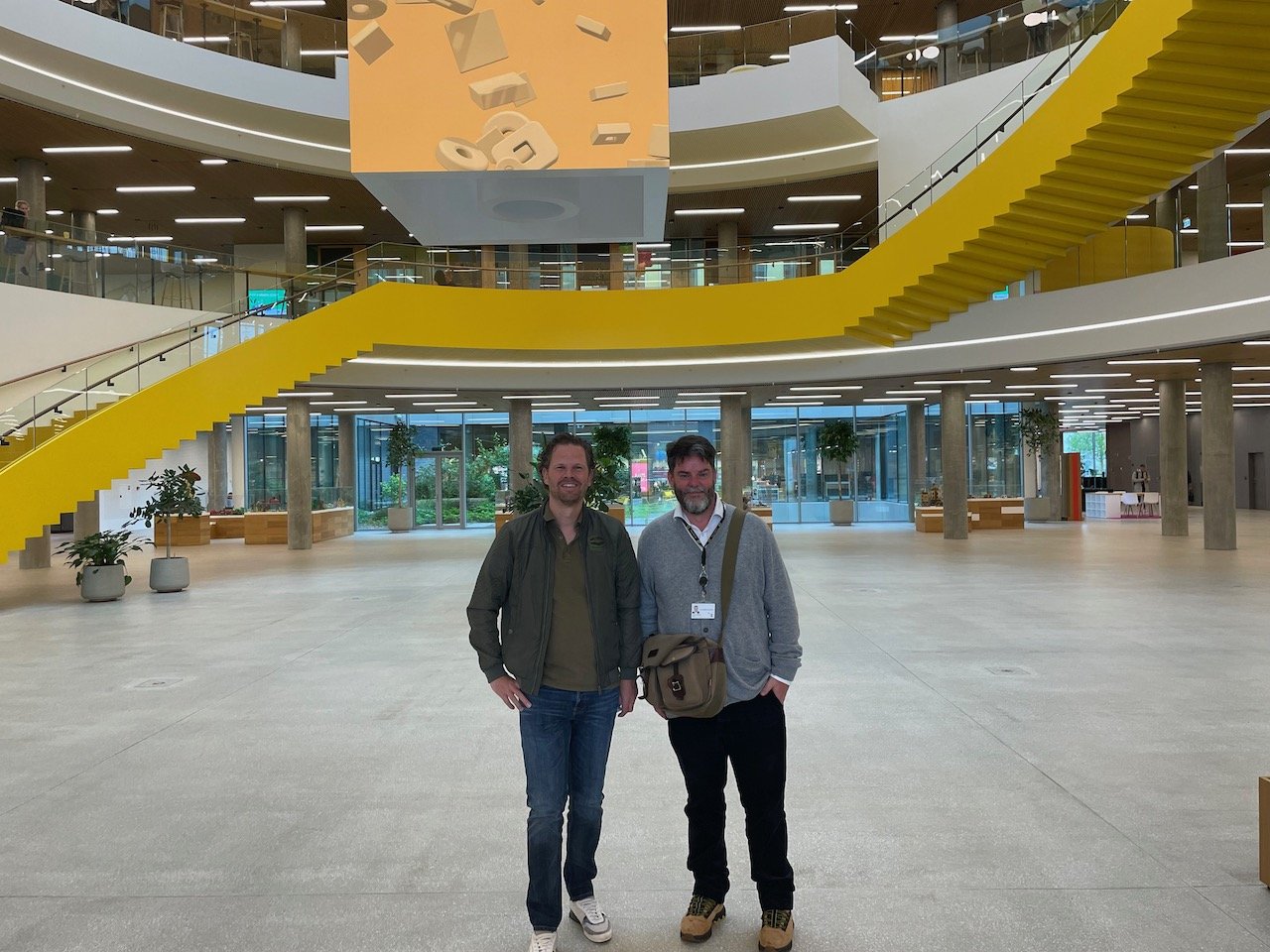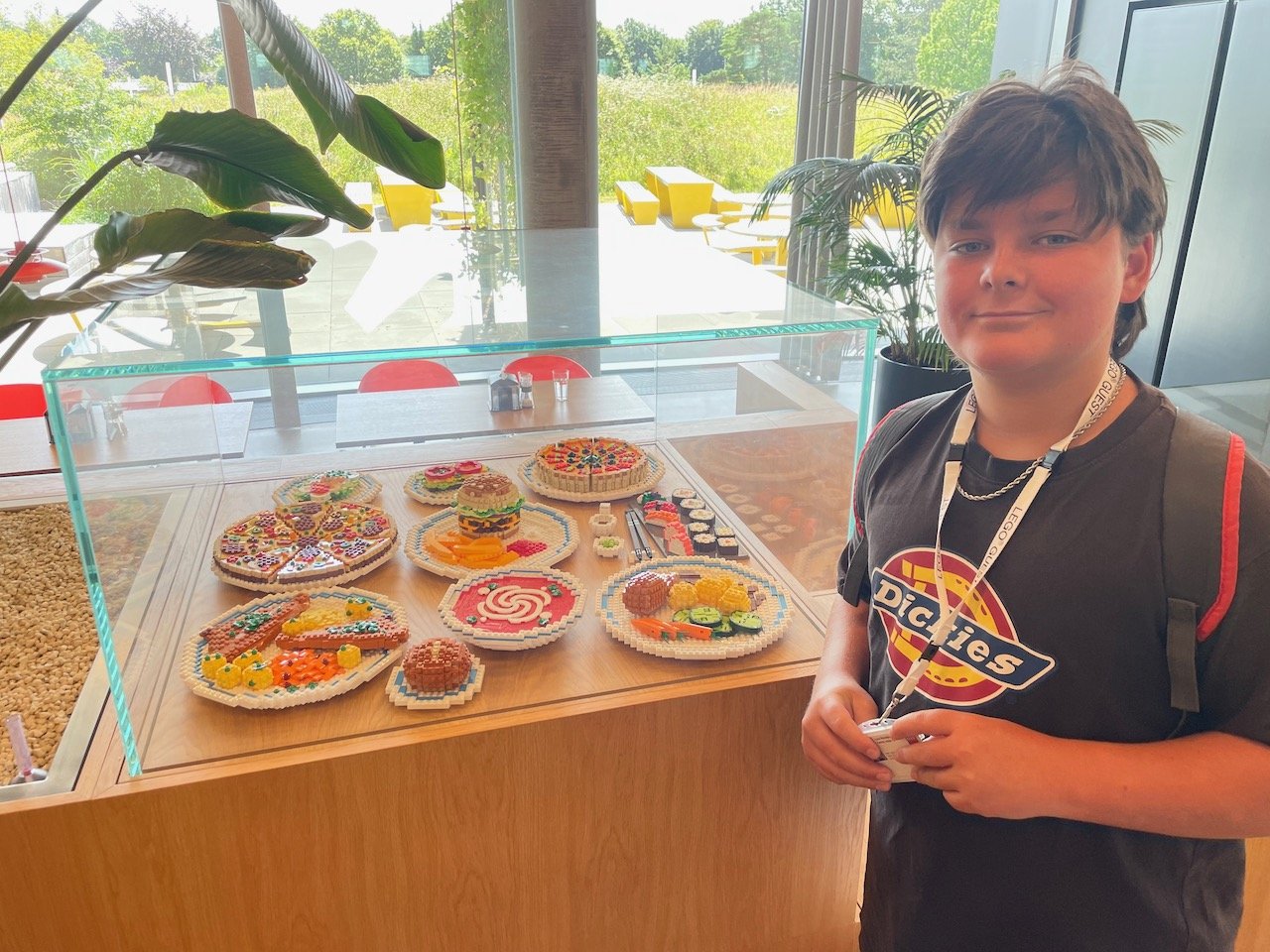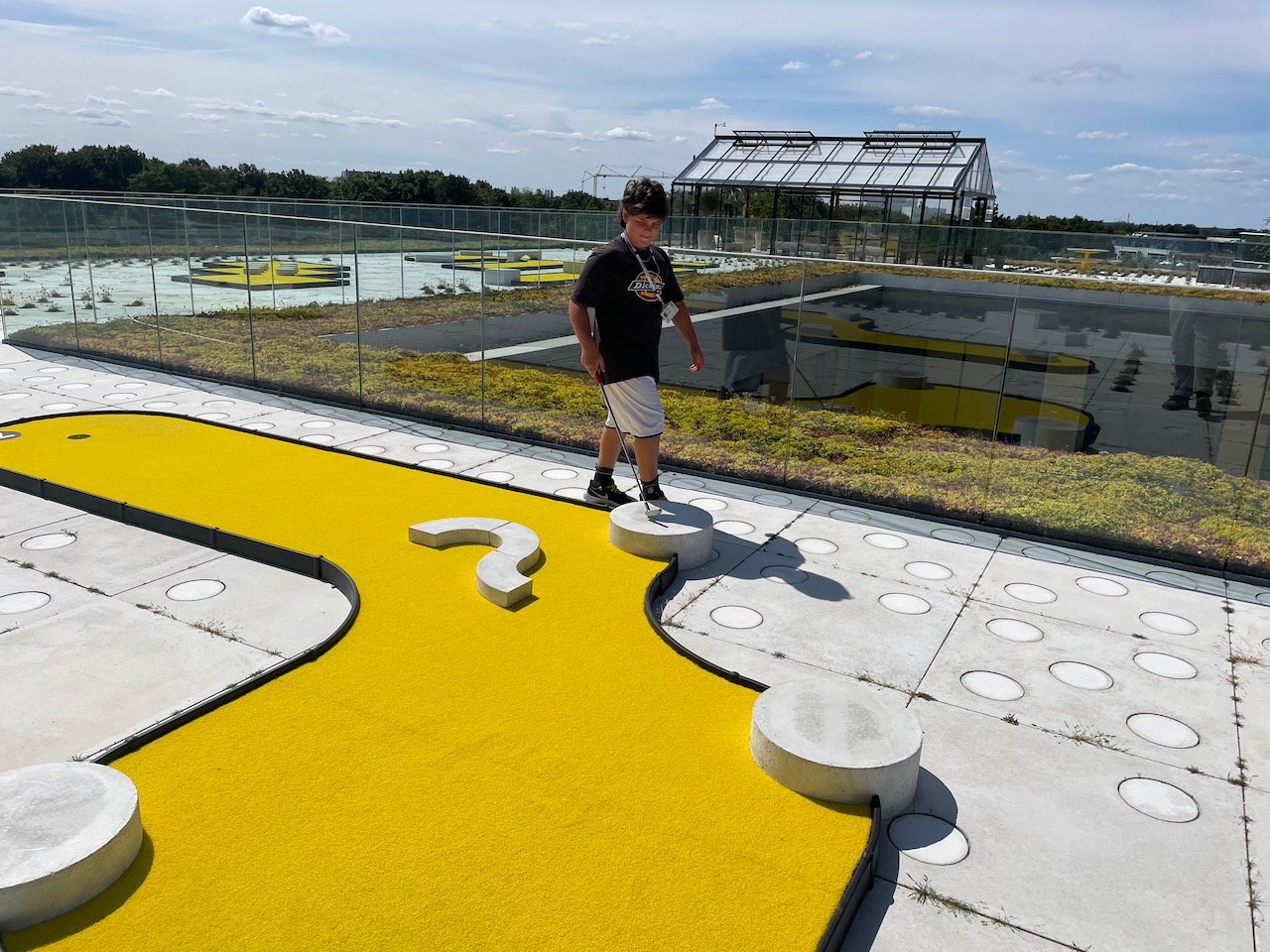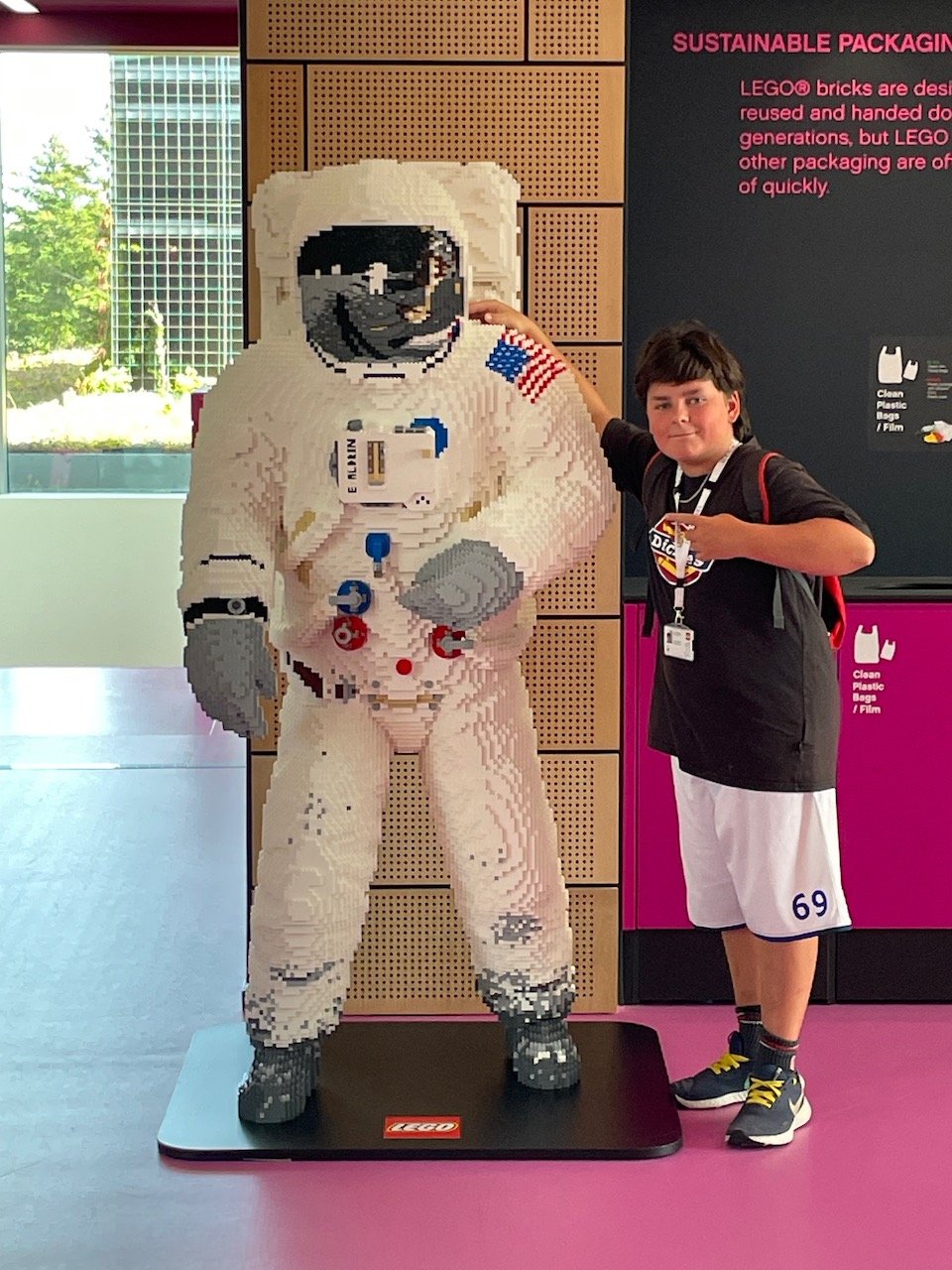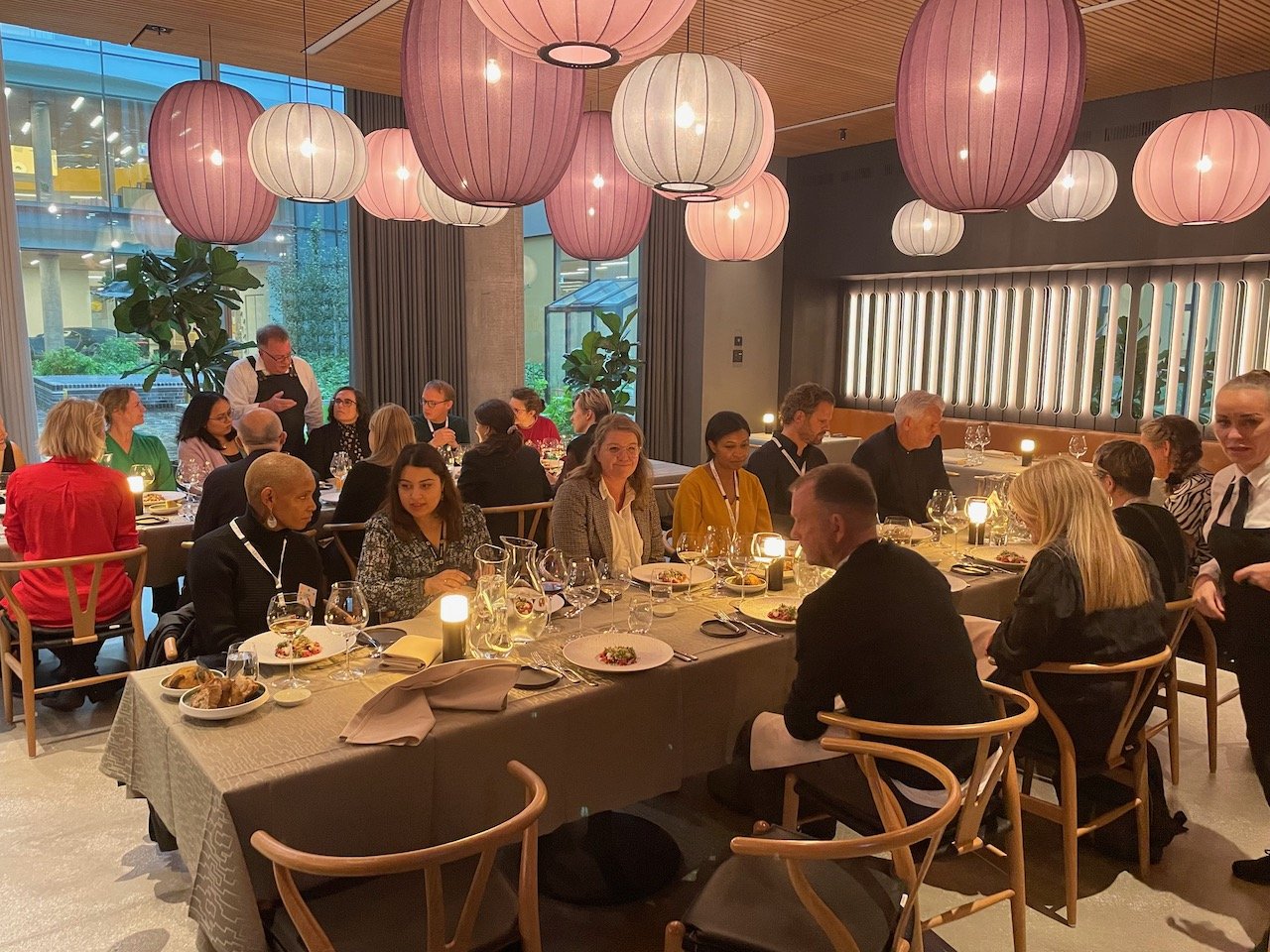This month a marvellous adventure comes to an end.
I first came across the work of the LEGO Foundation in a workshop with Pasi Sahlberg in Singapore I had signed up to when I was director of Teaching and Learning at UWCSEA. I was curious about constructivist approaches to learning, Finnish education and play as we were moving to a Reggio inspired approach in our elementary school. Pasi shared the five characteristics of play, created in a 2017 paper by the LEGO Foundation and the PEDAL centre at Cambridge University, and immediately it was evident how useful they were. I was totally engaged and chatted to Pasi at lunch. Two years later, I found myself working in Billund Denmark for the same organisation, working in teams with some of the people who had written the words I found so compelling.
In my first months the world suddenly expanded. I was talking to the people whose books I had read, whose organisations seemed as magical and unassailable as Narnia or Neverland - and this happened every day. When I looked at my calendar for the day, it looked like the bucket list I’d have if I had an acute terminal illness and someone was trying to make my last days meaningful for me - Skatestan, Harvard, OECD, leading progressive educators like Agora school, Andy Hargreaves, etc etc.. I got to form networks with amazing practioners I could reach out to - basically gathering my dream list of educators in one place to connect and empower them. The best moments were spending time with Carla Rinaldi at Reggio for a few days of dialogue and exchange. I felt like Plato’s students at the academy sitting under an olive tree must have felt. An intense sense of being in the presence of greatness, both culturally and intellectually, whilst at total peace in a beautiful surrounding.
Reggio Emilia and Carla Rinaldi ‘Play and learning are two wings of a butterfly’
In addition to the intellectual pleasure and ability to make an impact at the Foundation, there was a deep joy in being surrounded by people who created amazing, creative toys. Everywhere on campus there are fun and joyful creations from LEGO and beautiful spaces. A highlight was one of my line managers had designed numerous toys my children had played with growing up. The environment is stunning, with some of the best learning spaces I have ever used.
The work has been extraordinarily varied: designing and developing MOOCs with Futurelearn, designing grants for Teacher Training with the government in Rwanda, an OECD network of schools reaching 1.8 million children, designing the grant for a Playful Schools network in Canada to reach 1.3 million children, commissioning a documentary, holding the partnership with Harvard Project Zero as they complete a book on Pedagogy of Play, developing the grants with Reggio Emilia and Tsinghua, consulting on taxonomies of learning from people like the world bank and OECD, the list goes on… and forming a technical advisory team to provide support to the full portfolio of over 3 billion Danish Kroner. The teaming culture and organisational design is very dynamic and this was both exhilarating and demanding. Moving between seven line managers, six teams, with three role promotions in two and a half years, is dizzying to put it mildly. As I walked into work at LEGO Campus I could see people riding the rollarcoaster of LEGOland from the path - alternately whooping and screaming - it always struck me as apt that this is what I started and ended the day reflecting on.
There has been so much learning. The most powerful learning for me, is having access to major global players in a wide range of spheres, I realised that the same things matter as when working as an educator or school leader, just the scales (and numbers) are bigger.
Just as when I first became a leader in schools, my biggest learning was that what children want from you in class, is the same as what adults want; the same things matter - so too my learning at the LEGO Foundation was that the same principles that are so important in creating learning communities in schools, are the same at national and international scale. Some of these common challenges are:
Your values should explicitly guide your actions and choices
Knowing what you mean by learning, is fundamentally important - what is it? why does that matter and improve lives?
Your mission, vision, goals and strategic plan, should articulate and align with your understanding of learning and your desired impact. This then should align with your approaches, pedagogy and measurement
Measurement is always via proxies which are very partial, and so you need to take a paradoxical stance of being very intentional about using data to evaluate if what you are doing aligns to your mission and desired impact, but at the same time, never trust those proxies as anything other than a triangulation point for a more holistic sense of your impact, which you should constantly reflect upon, just as a gardener walks their garden everyday to see what is thriving, where and why, and how to intervene if it is not
Keep your ideas and plans at a high enough level to be very flexible, and adapt for realities, and at the same time be precise enough to allow for craft in implementation
Systems thinking is fundamental - and causality is not linear - given that, you need rich models for monitoring, evaluation and learning around impact - and these largely need to be developed as the most people still use very linear theory of change models which assume the variable always does the same thing, if you control for context. That is simply not true in systems - the same variable can have opposite effects depending on where you are in cycles of behaviour
Great leadership is both high in technical craft and the ability to build psychologically safe, high performing teams - and it is therefore by definition scarce
Knowing your beliefs, values and constructs, helps you to put them aside and listen, create space for and celebrate others’ beliefs and world views. This conversation about power, culture, belonging, inclusion and authenticity is an absolute precondition of good work together and with your partners
I have worked in many environments which have seemed so self-contained in their self-confirmed success, that people there have told me you can’t leave -it’s just too good. That is certainly true of LEGO Foundation - and, it is true, it is a magical place. But, life like a bicycle, does not gain stability from trying to stay still. It gets stability from movement forward, and there are always adventures ahead down the road.
In December I decided that the learning curve had begun to flatten out. In my first month I filled four notebooks with new learning - and in December I looked ruefully at the same notebook I had had for a number of months, with lots of pages still blank. Additionally, the timer I had put on myself for the amount of time I would allow myself ‘out of schools’ before returning was beginning to tick more loudly - there comes a time when you are no longer a legitimate candidate for operational roles, as people do not trust that your pragmatic skills will not have atrophied.
I had two ideals - to be in a home country and to be in an international school there. Bizarrely the first place I looked, the International School of Aberdeen (Scotland’s first and most prominent international school), had precisely the right job advertised in the very week I began to look. I am immensely looking forward to a move to Aberdeen with the family. ISA have a wonderful team in place and just received a truly remarkably good report from Education Scotland (Inverness Press and Journal) , and I feel very lucky to be in a position to help lead the school. Since applying, I have also got to know just how kind and committed the staff are, and what a great culture there is at the school. I am excited to be a part of it, and take a more hands on role in making sure children have meaningful, joyful, iterative, socially interactive and engaging experiences of learning.
At the same time, to continue my learning, I have been accepted to the University of Cambridge’s doctoral programme, where I will commence my doctoral studies researching the play reforms of Education Scotland. Being in Scotland, makes this a perfect combination.
It has been a wonderful few years in Denmark and with LEGO. If play and learning are two wings of a butterfly, butterflies are made to fly, and I look forward to the migration to Scotland this summer.

